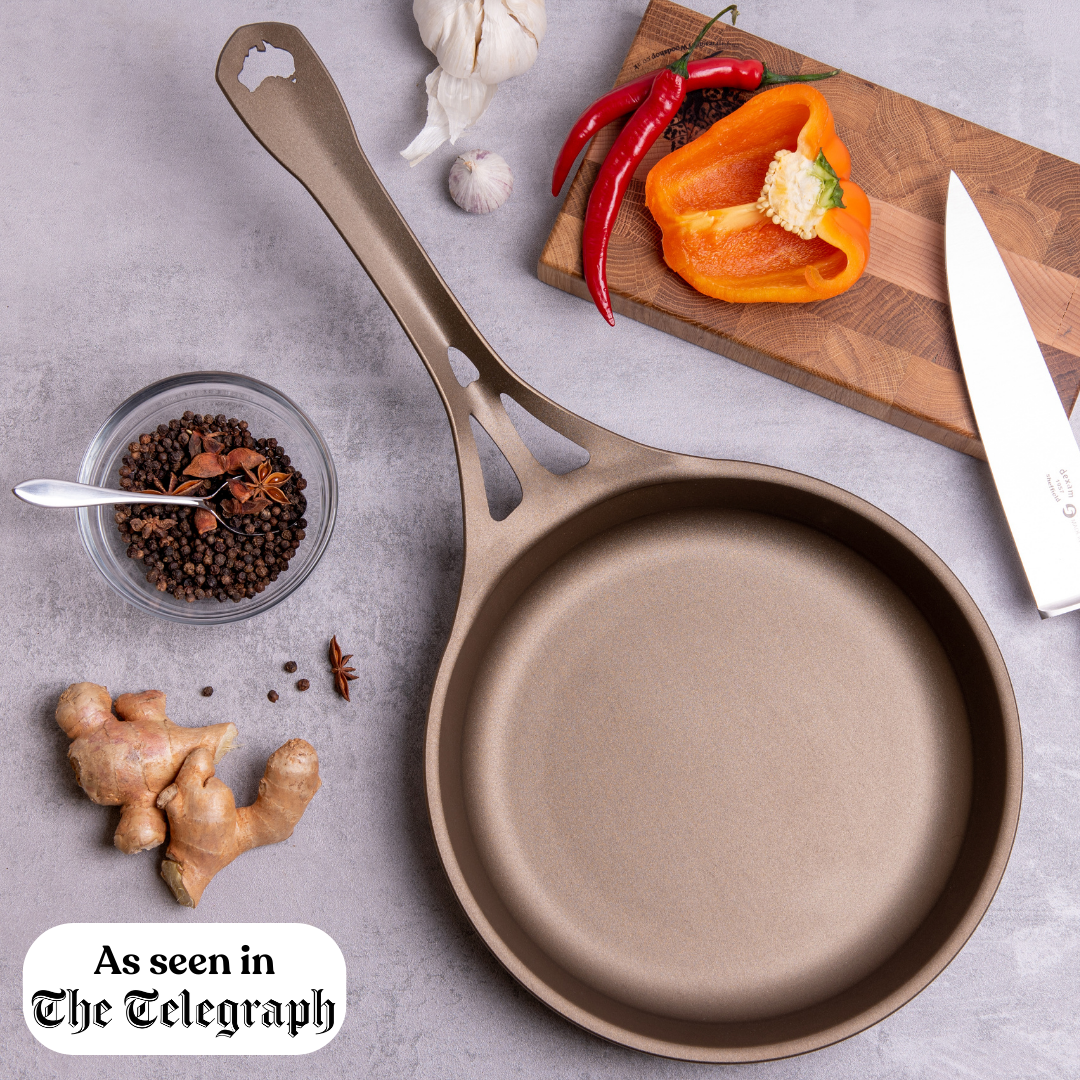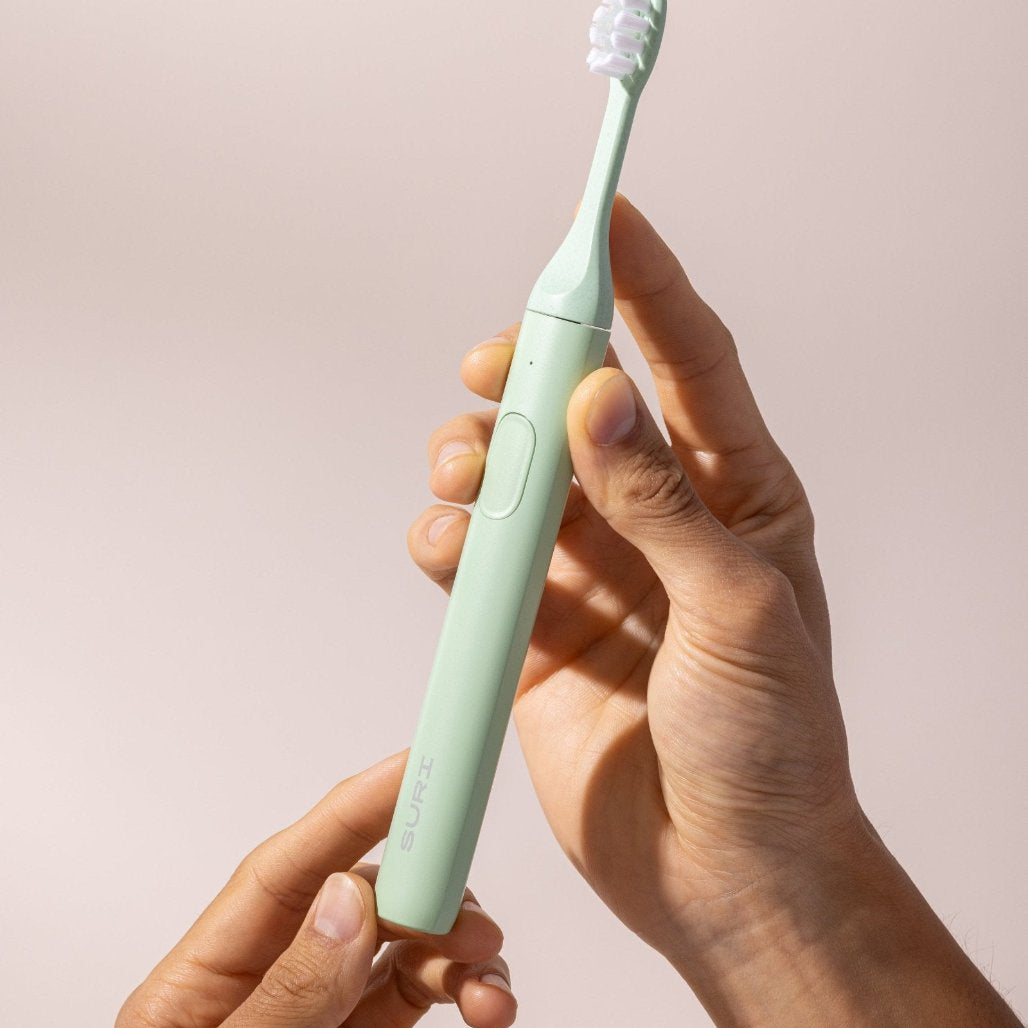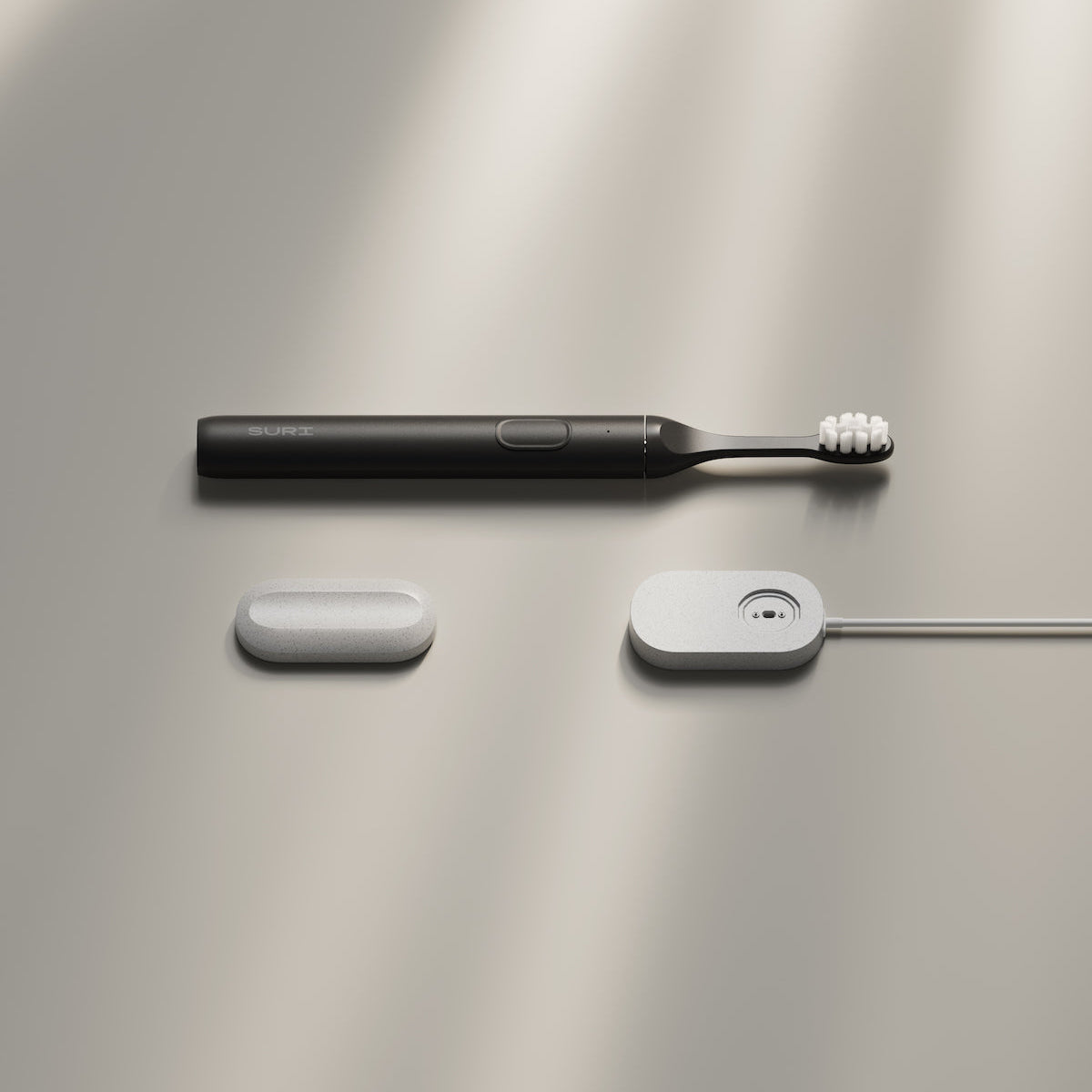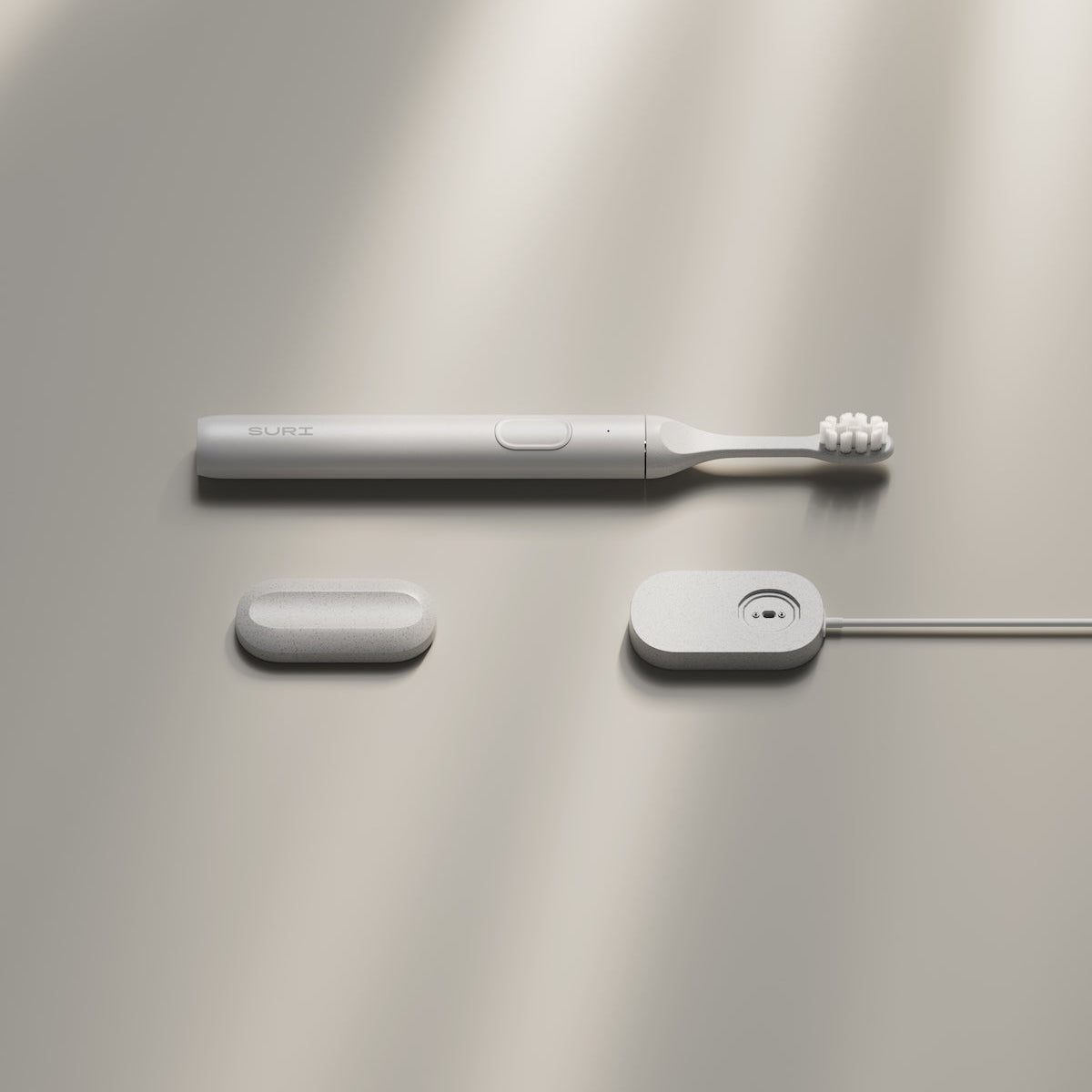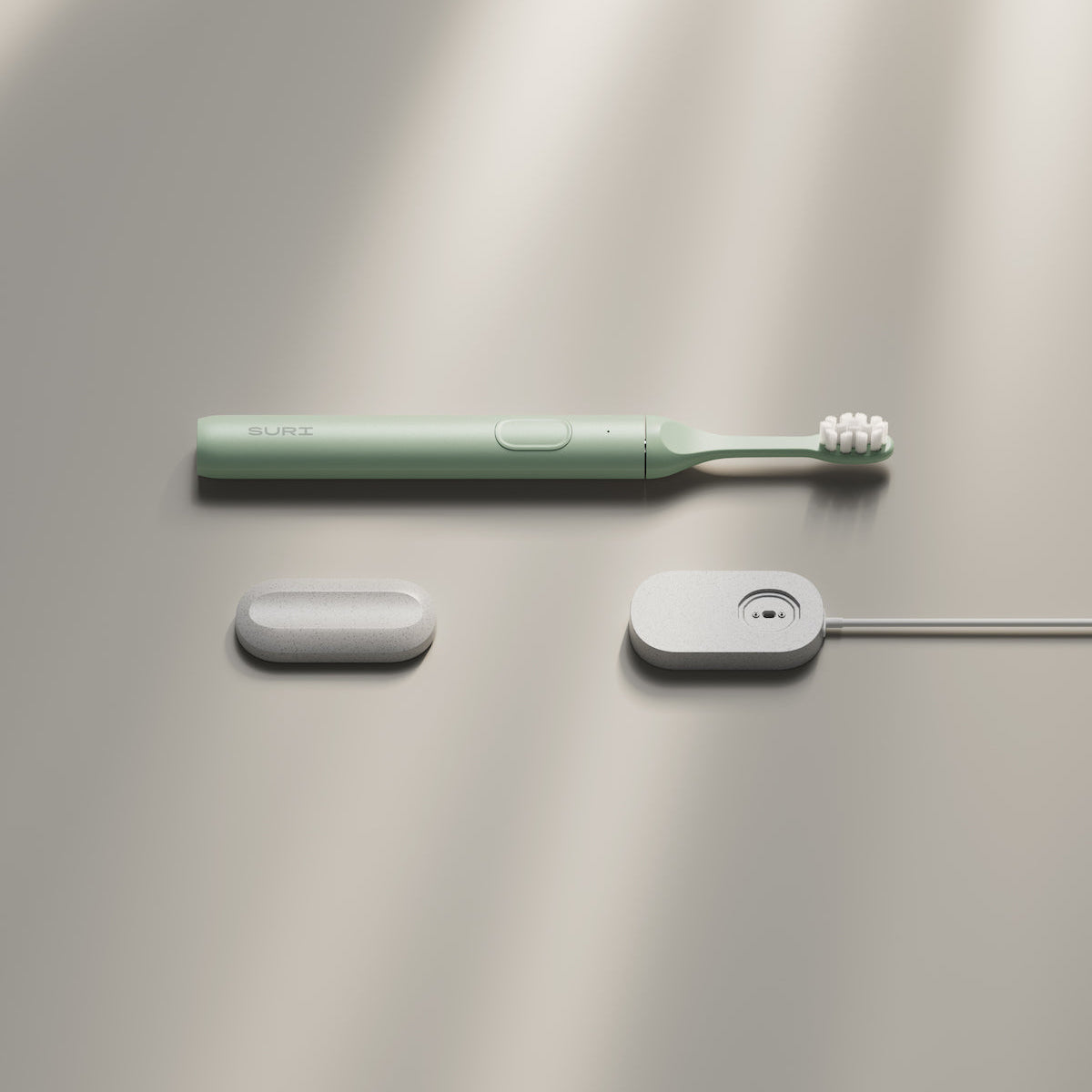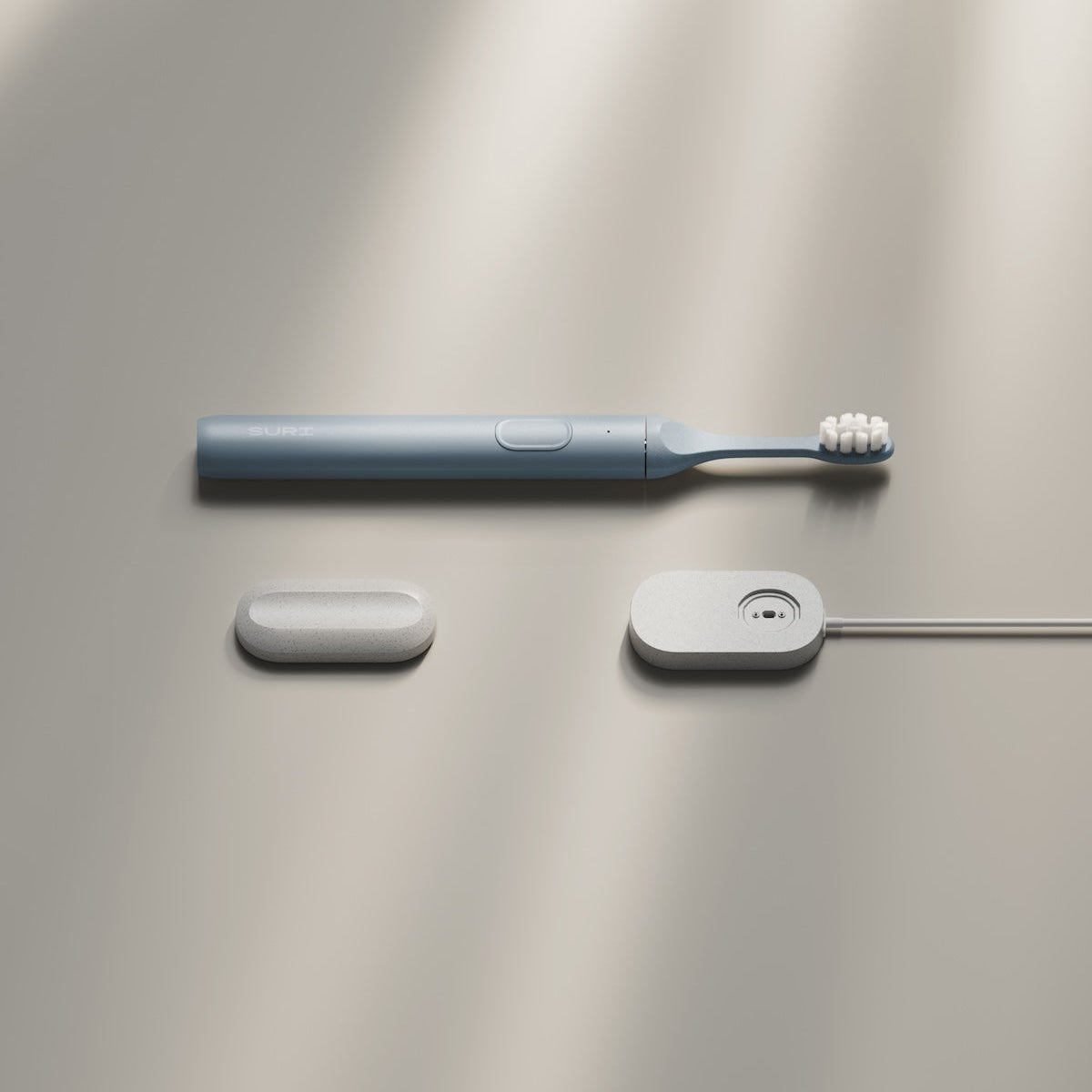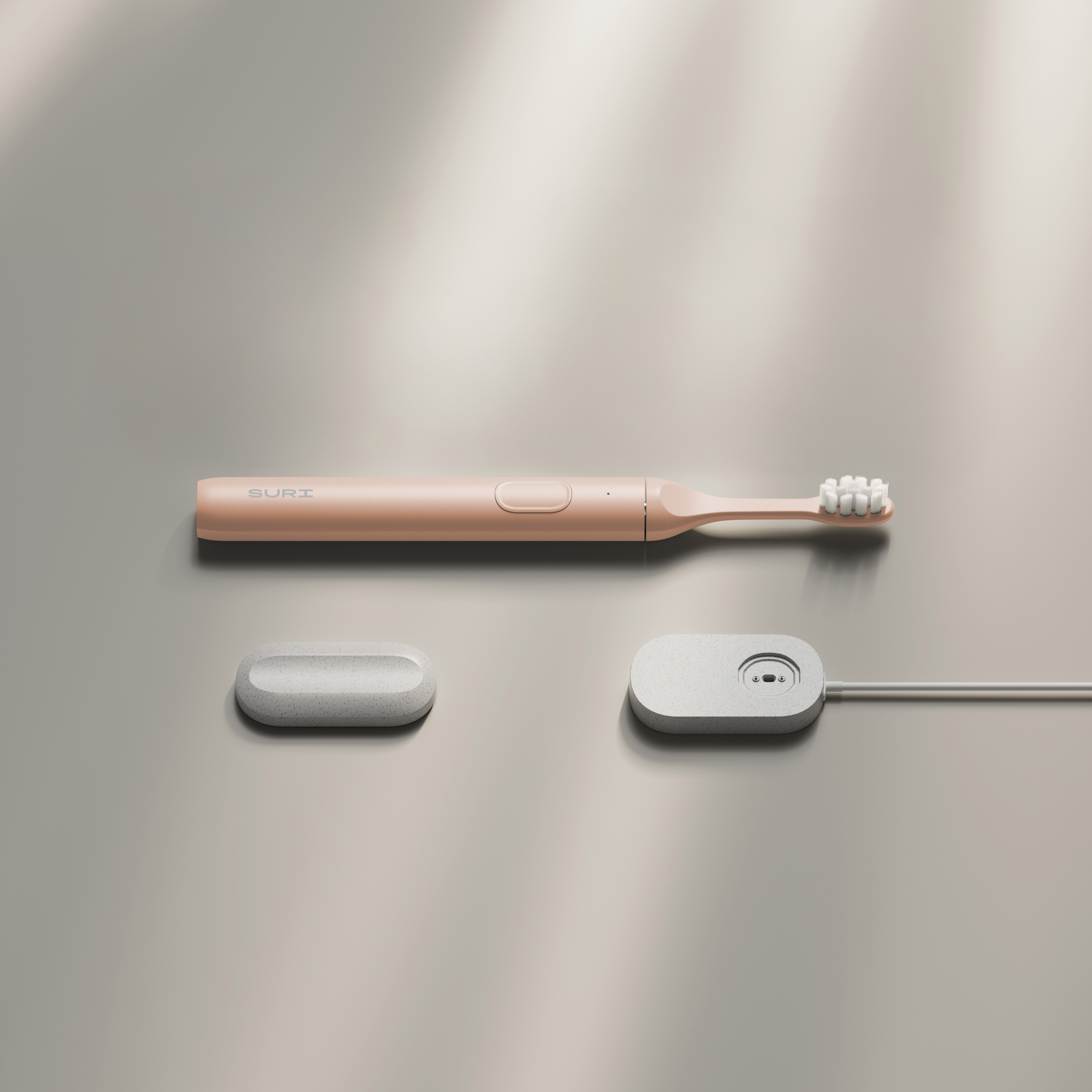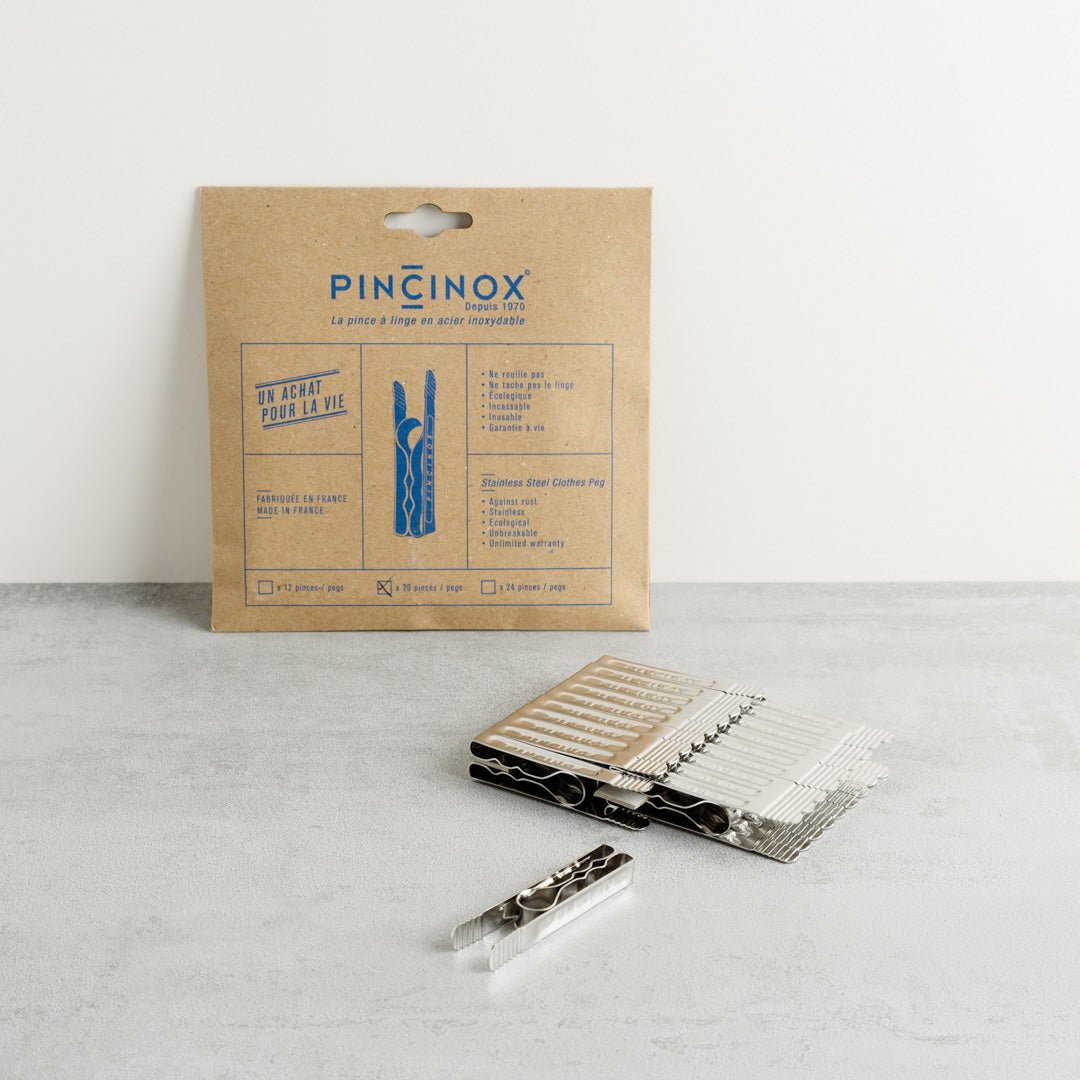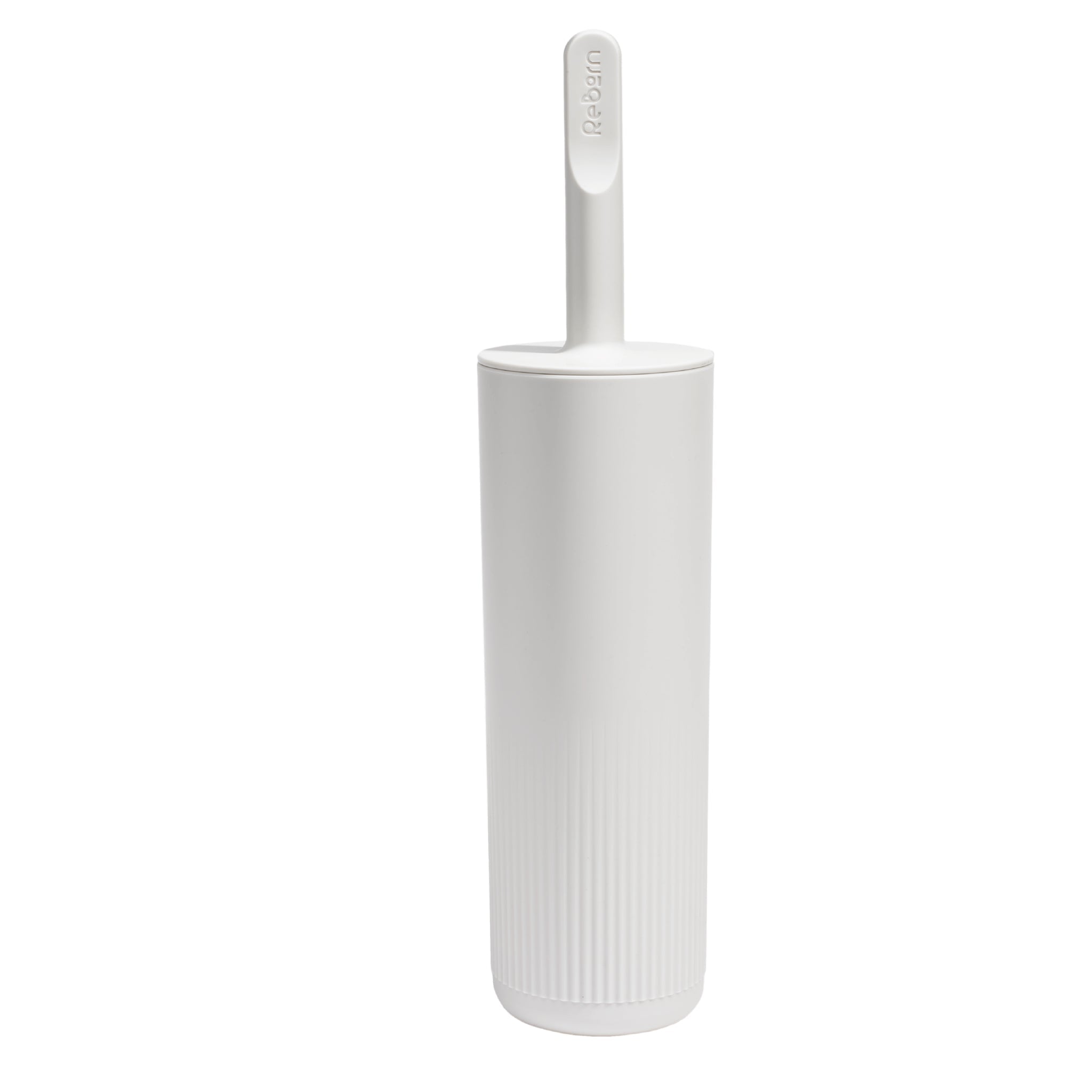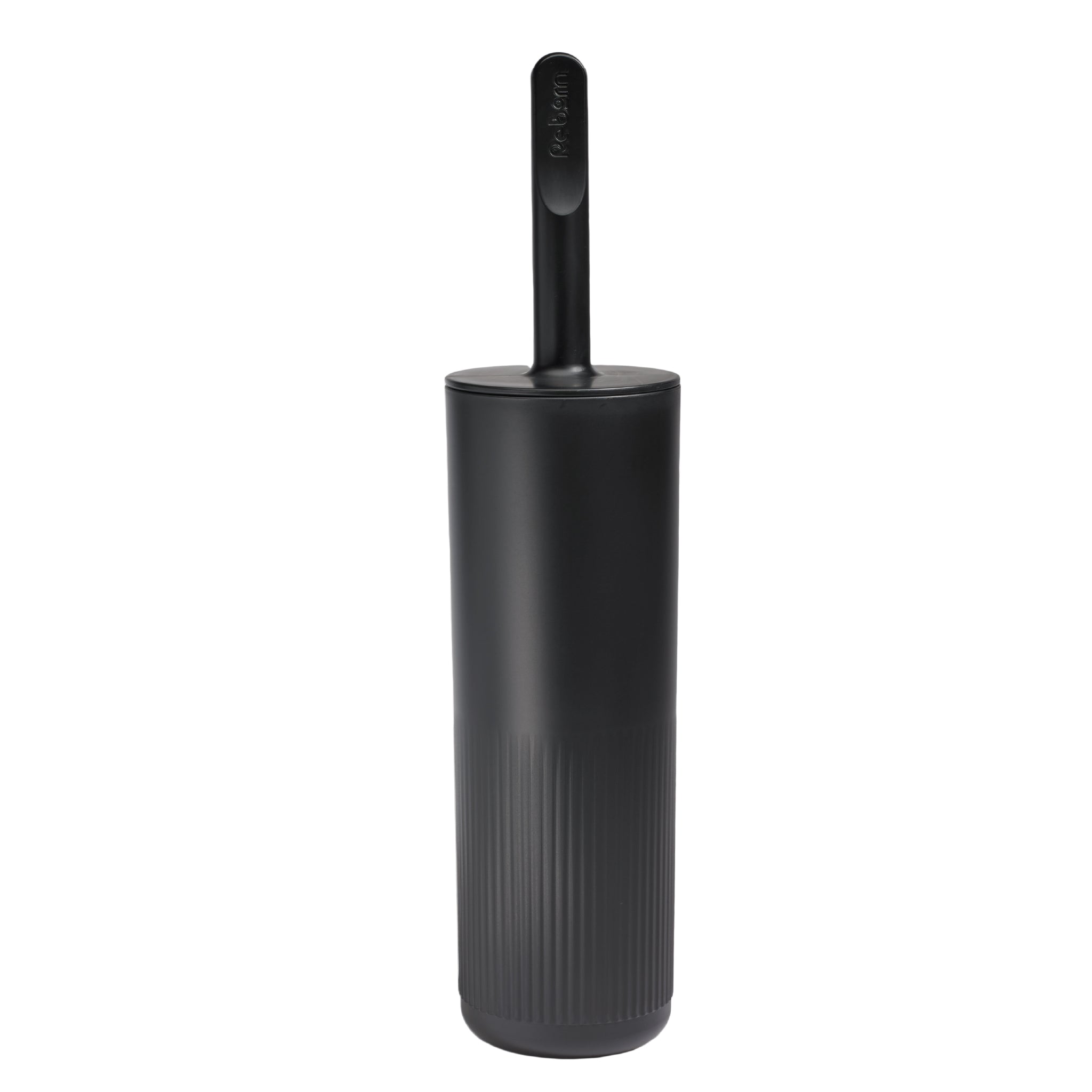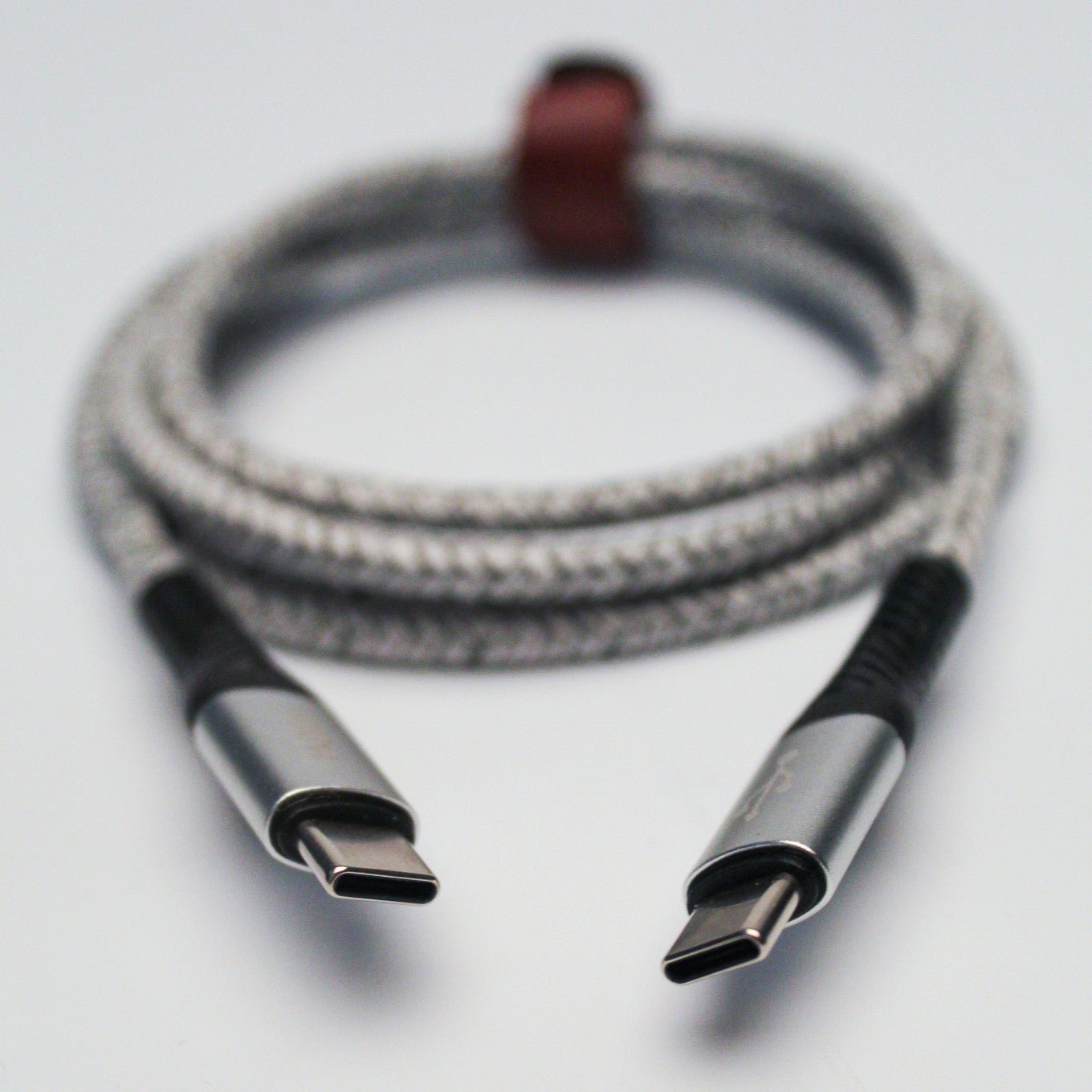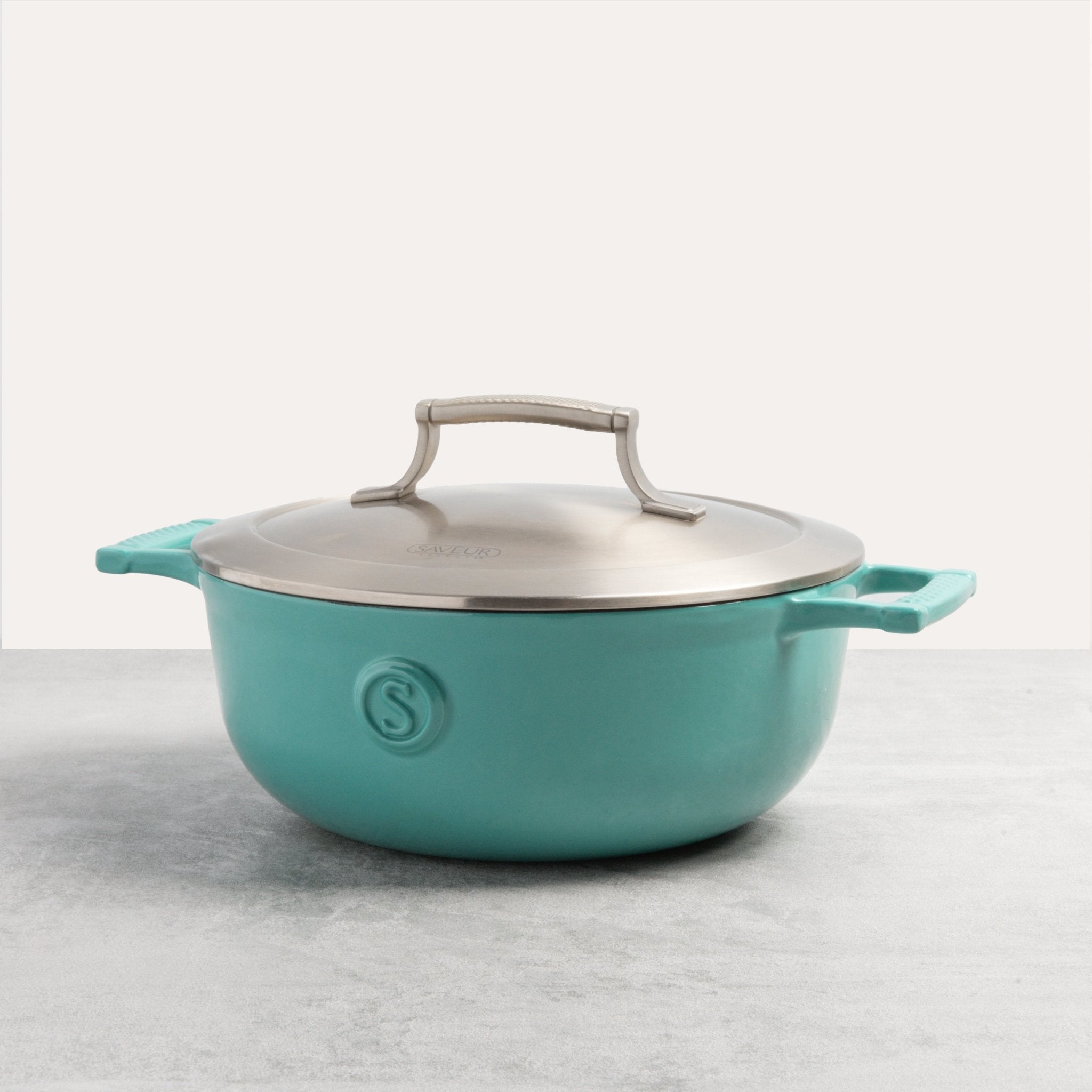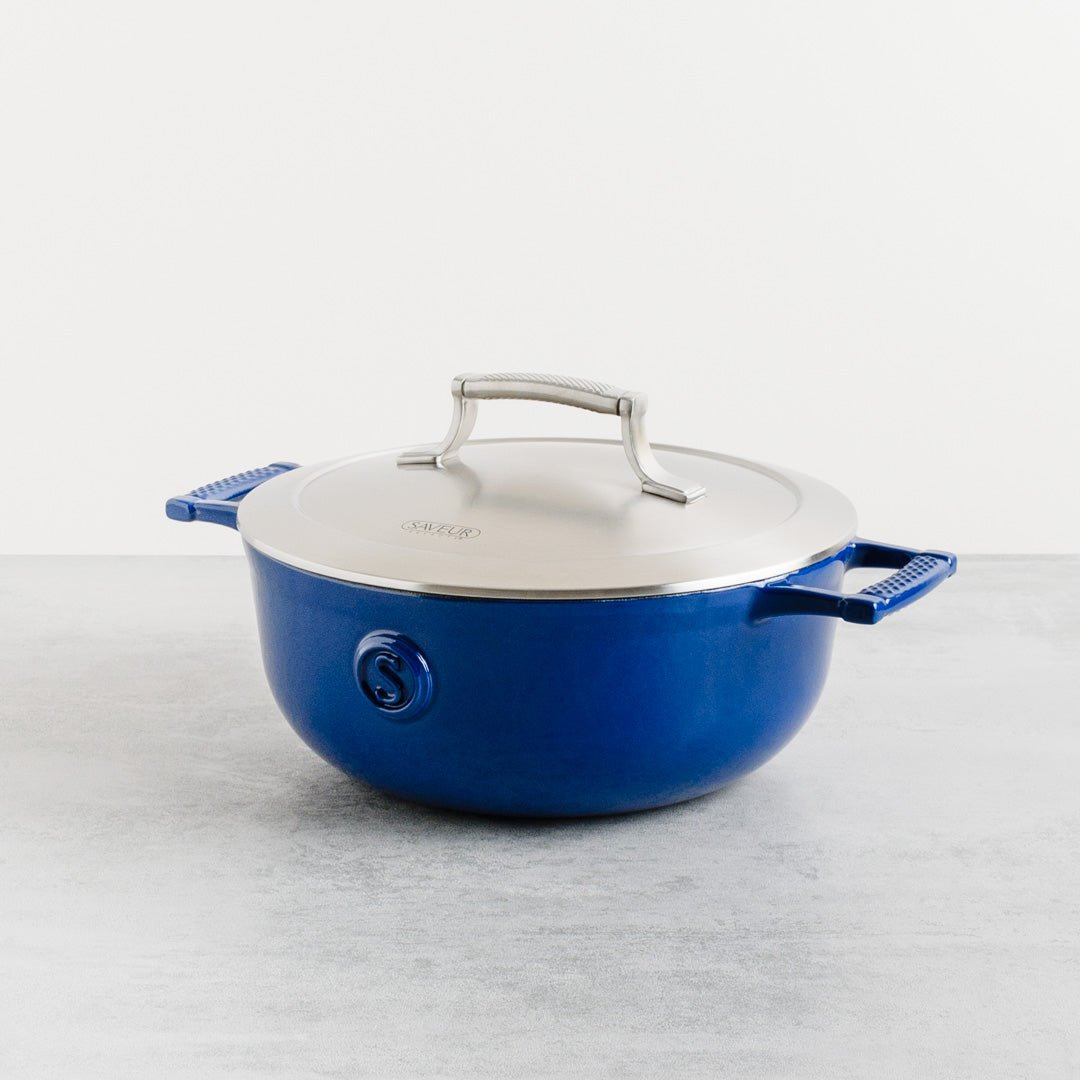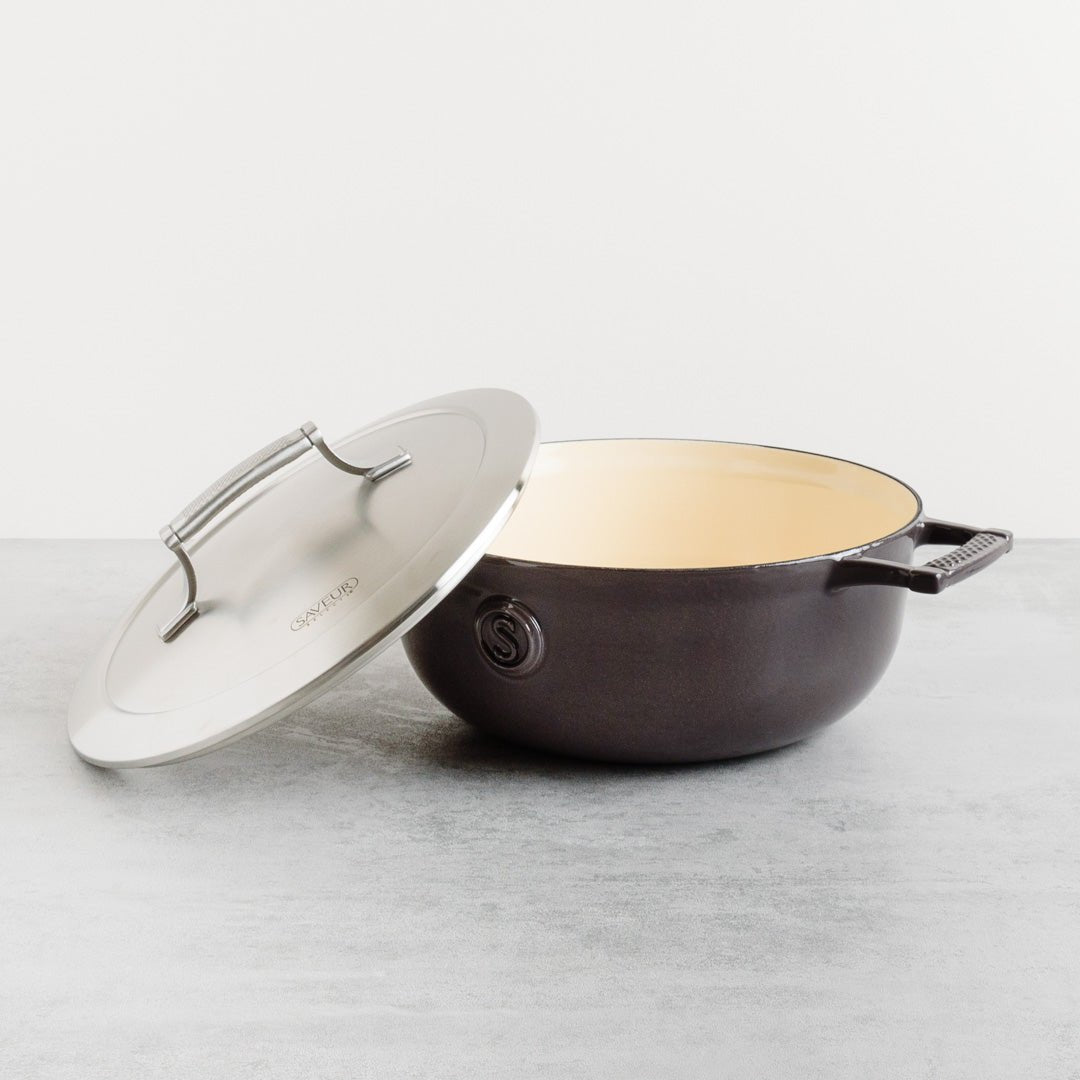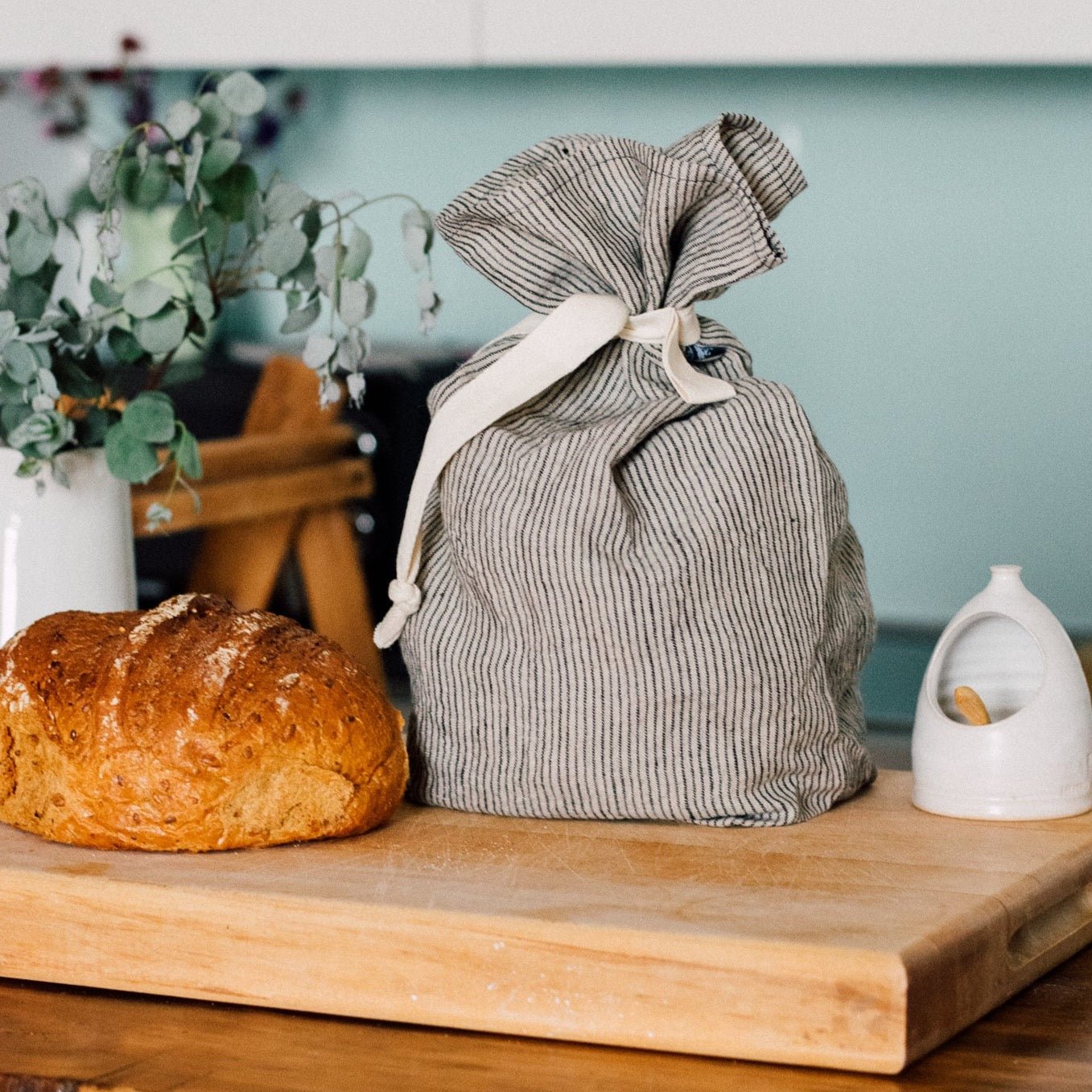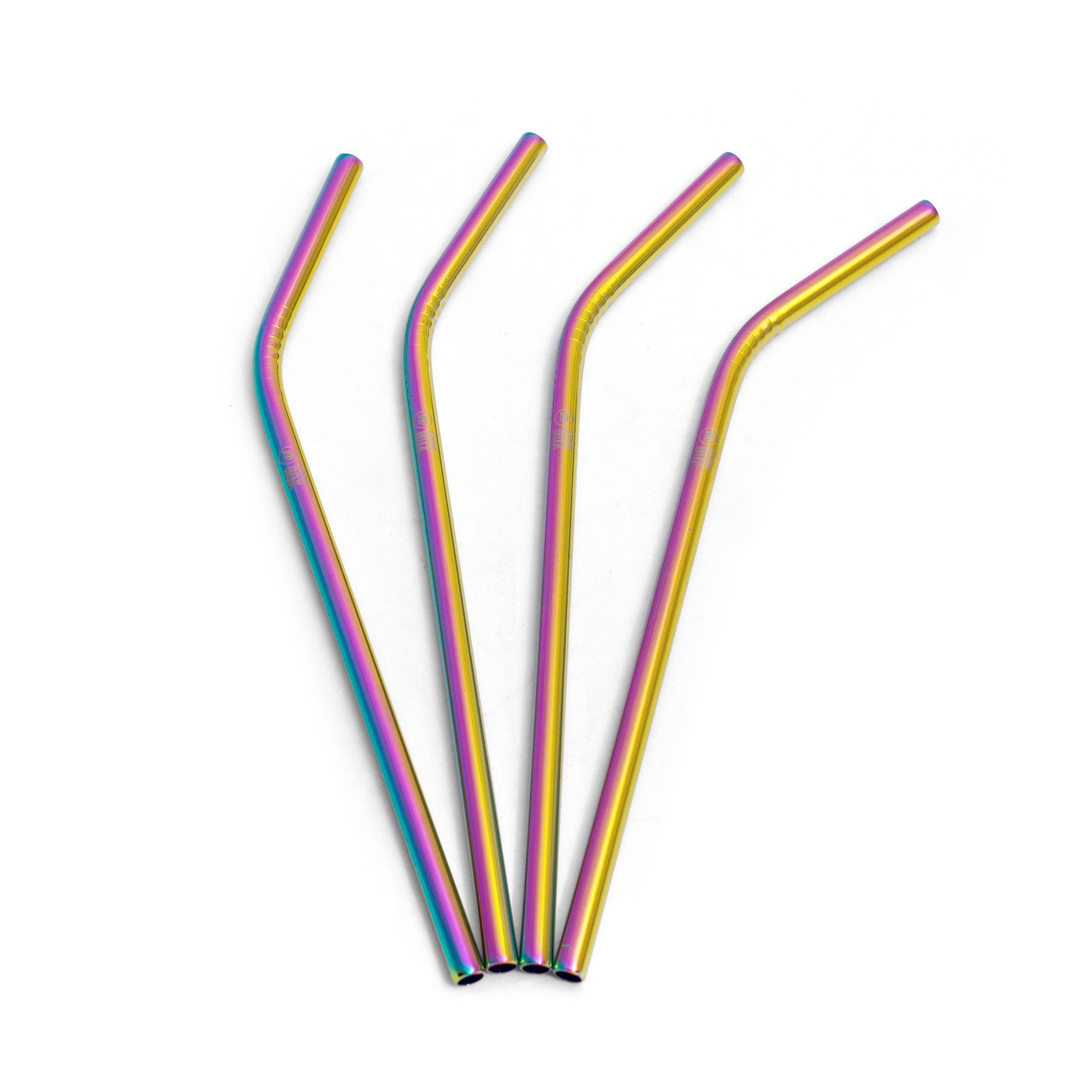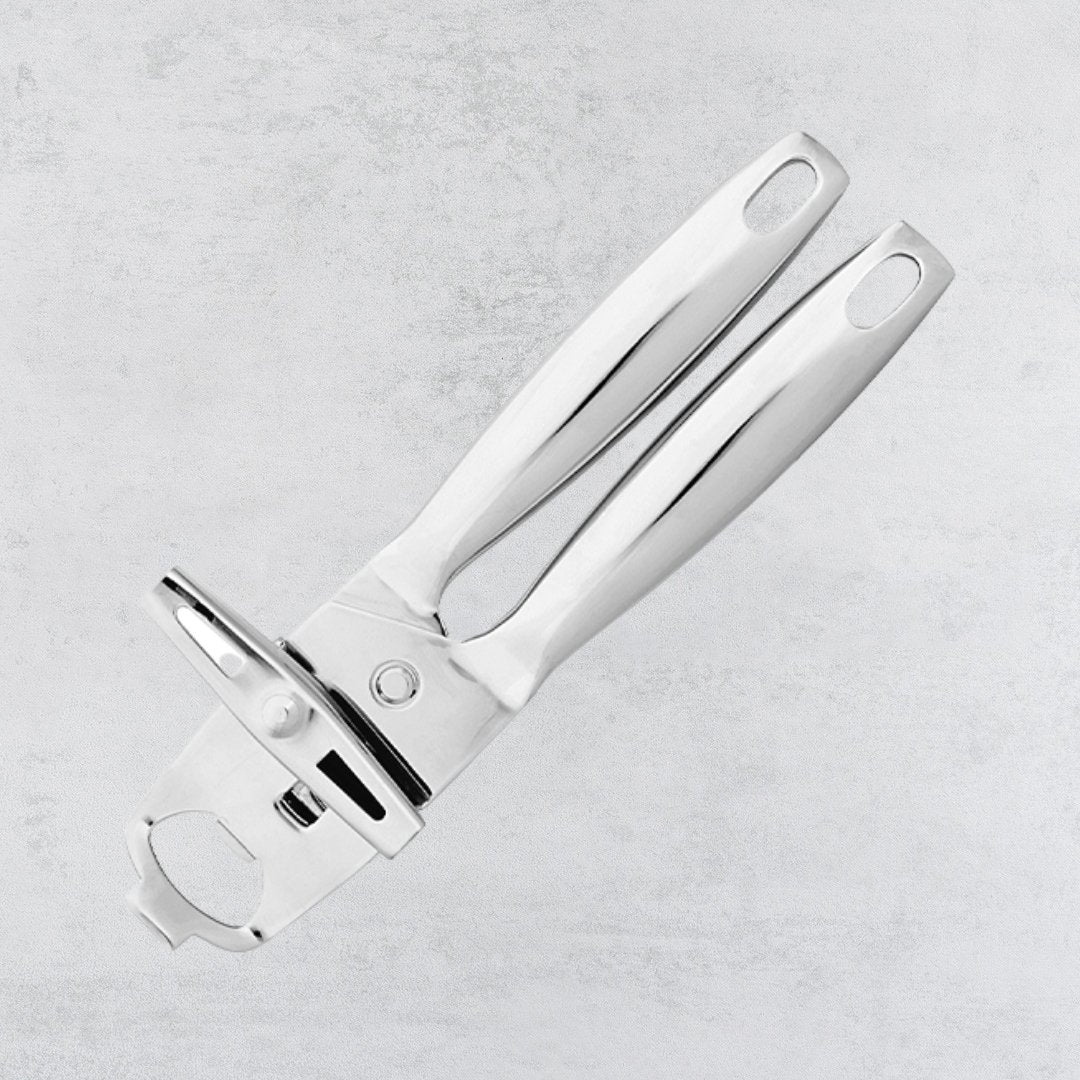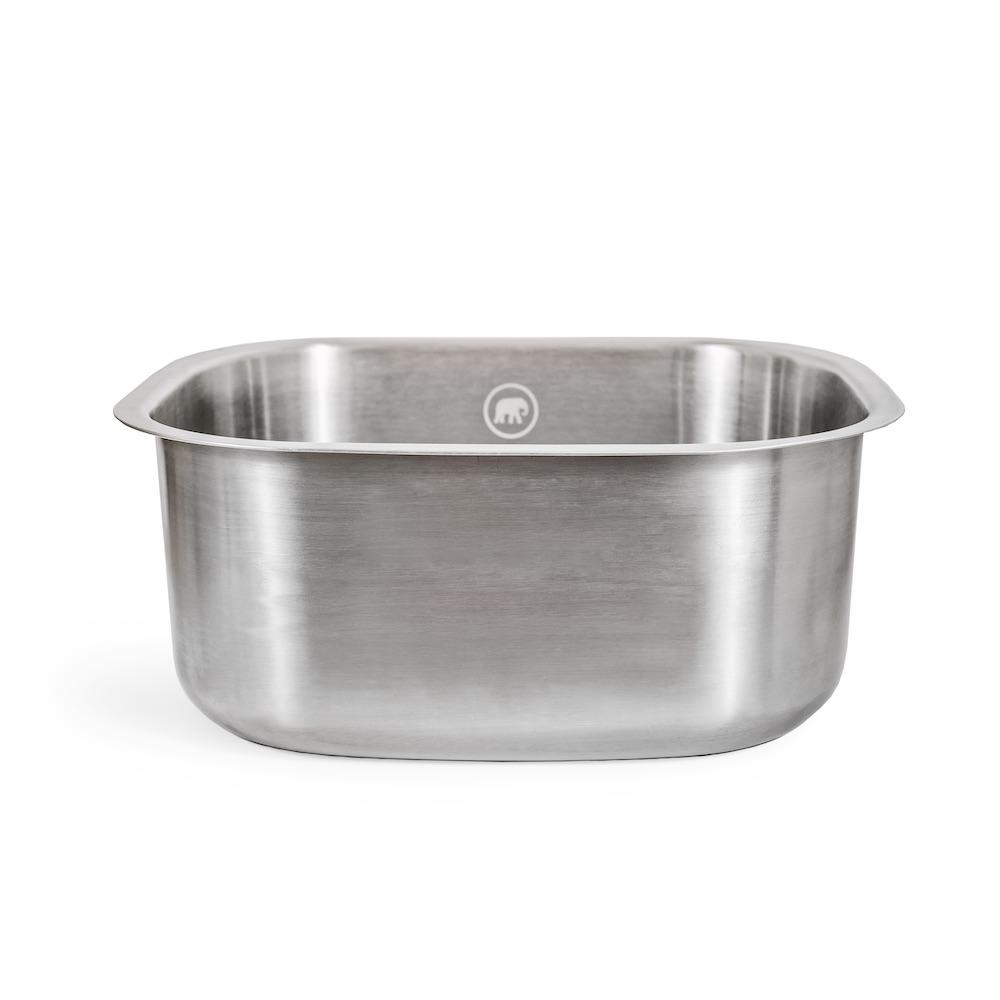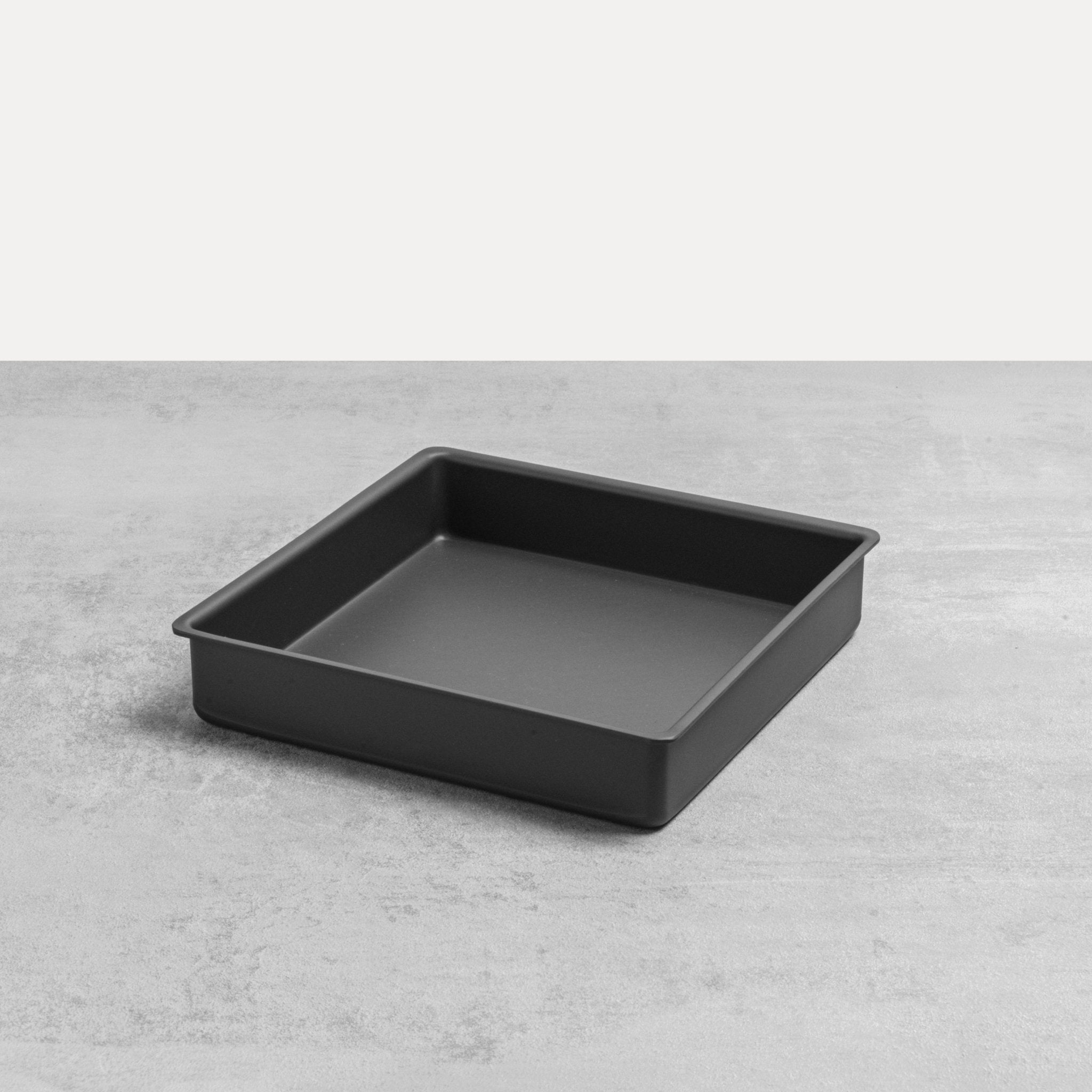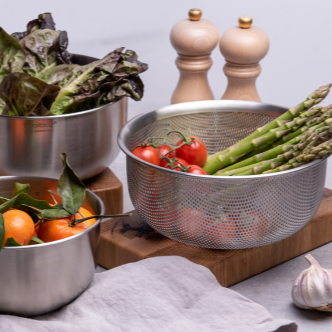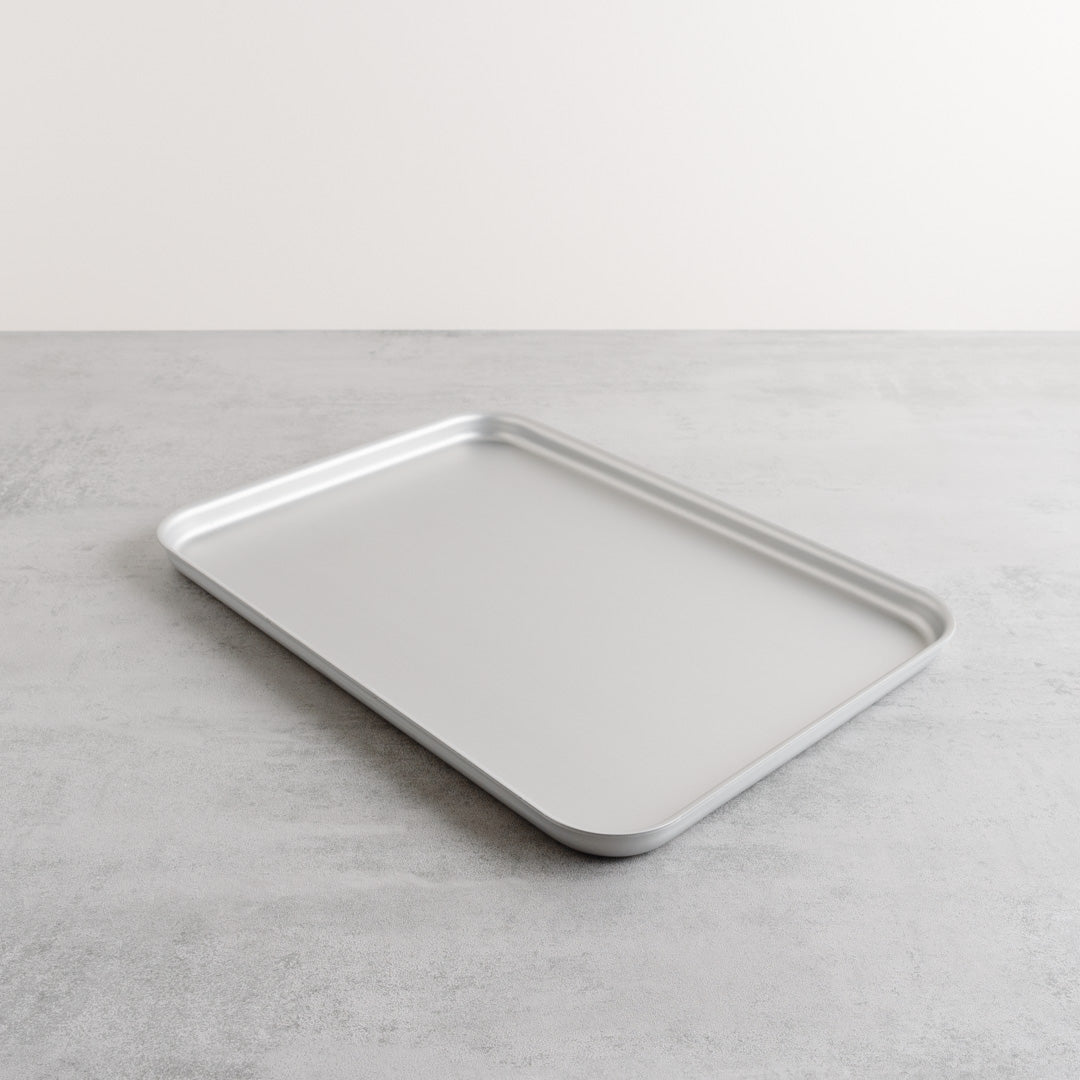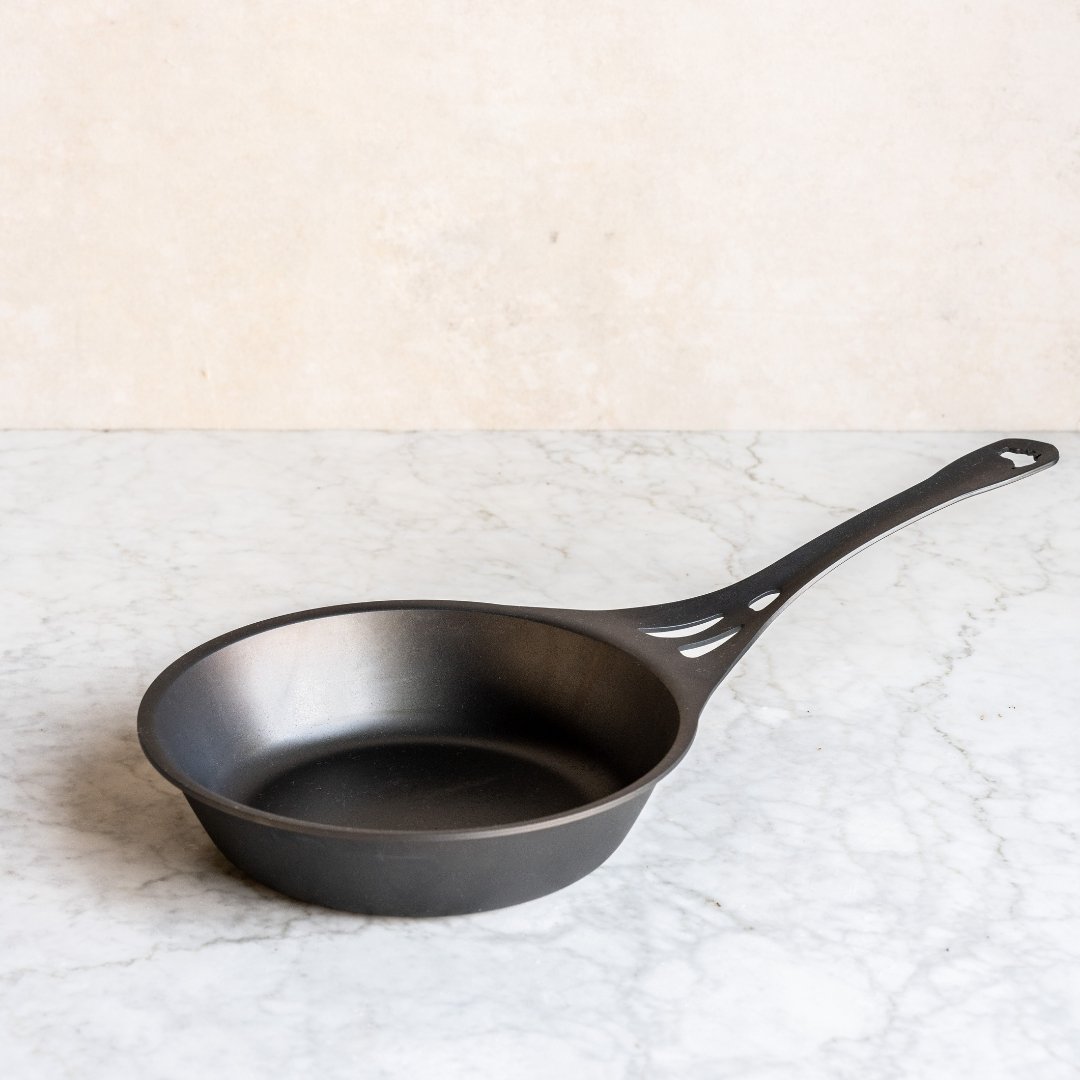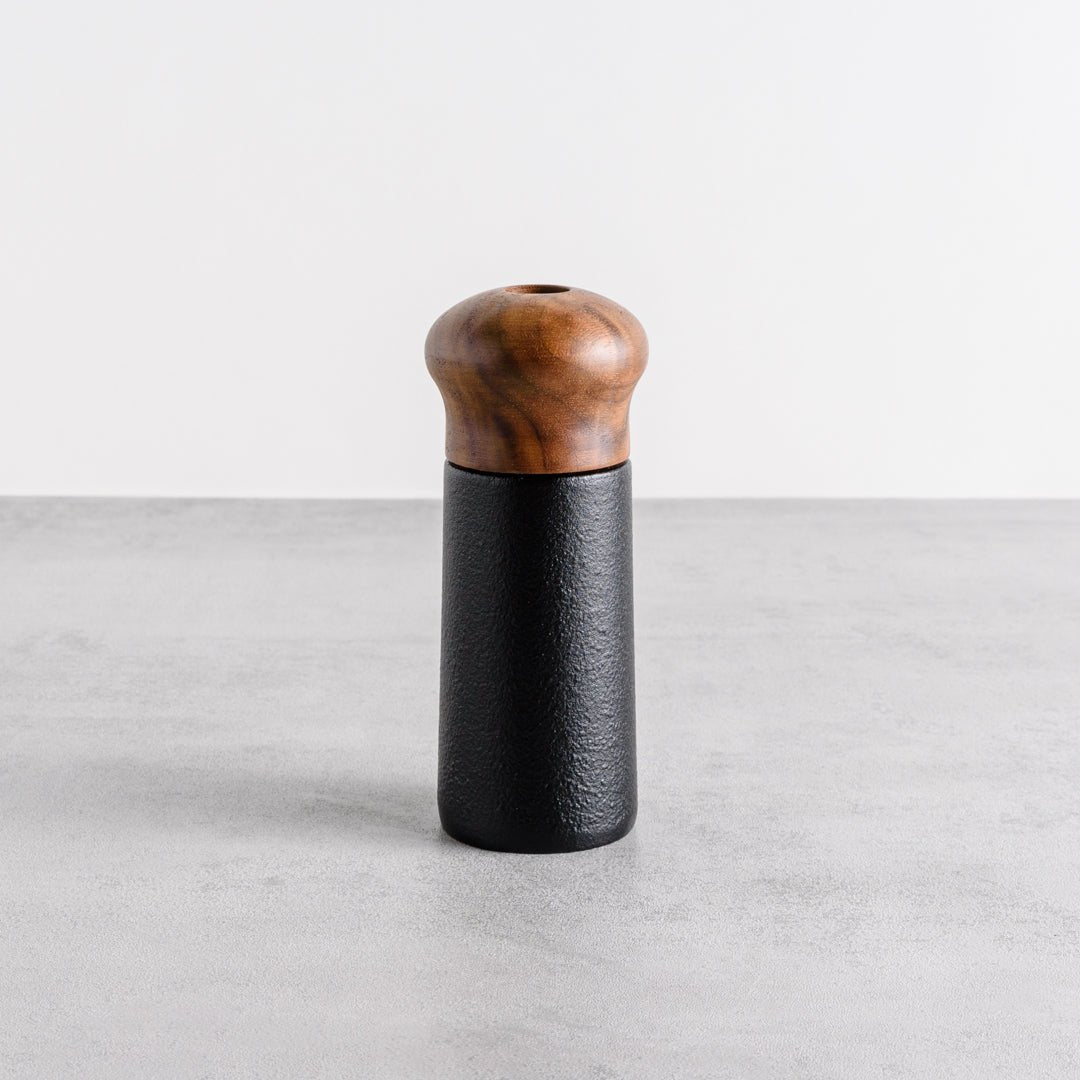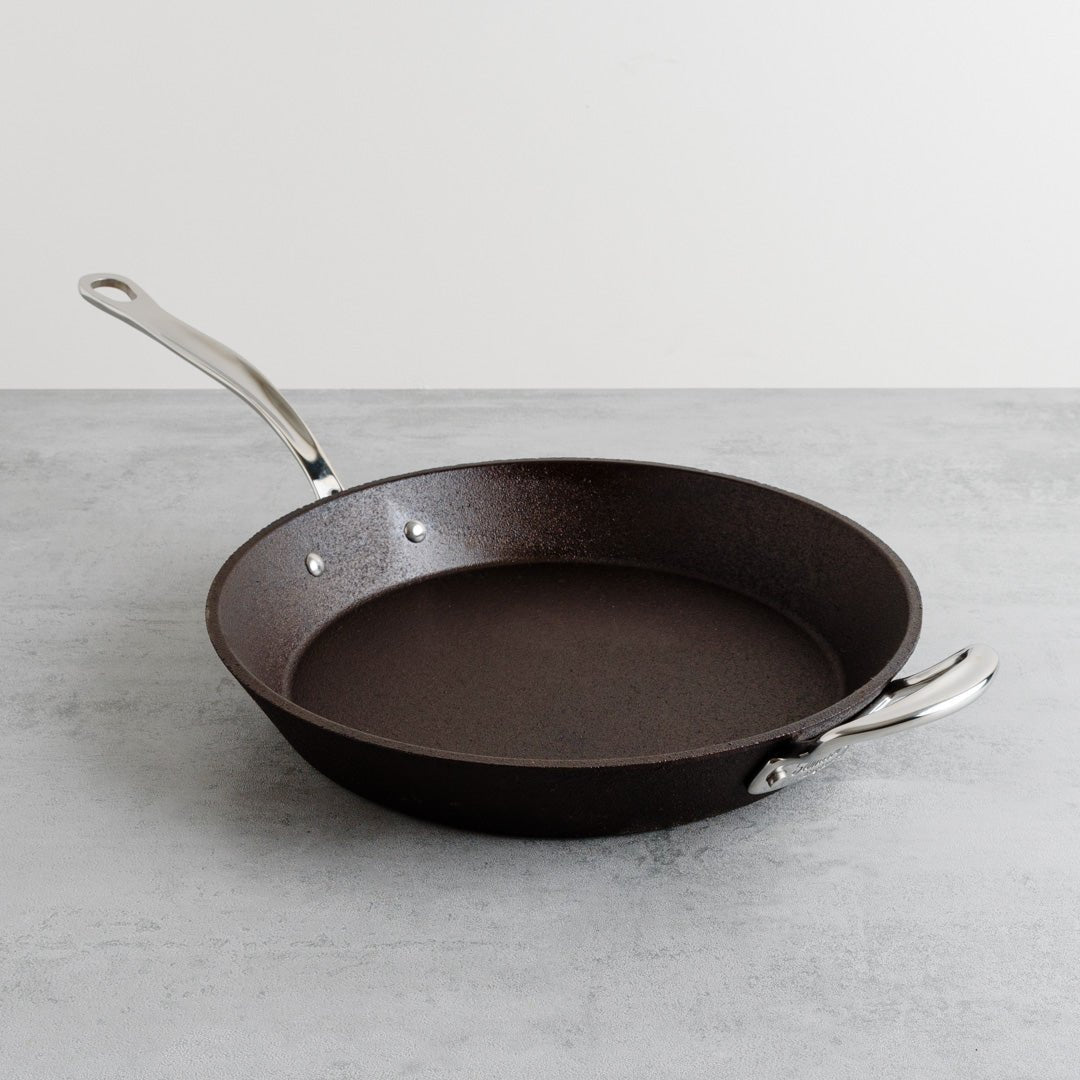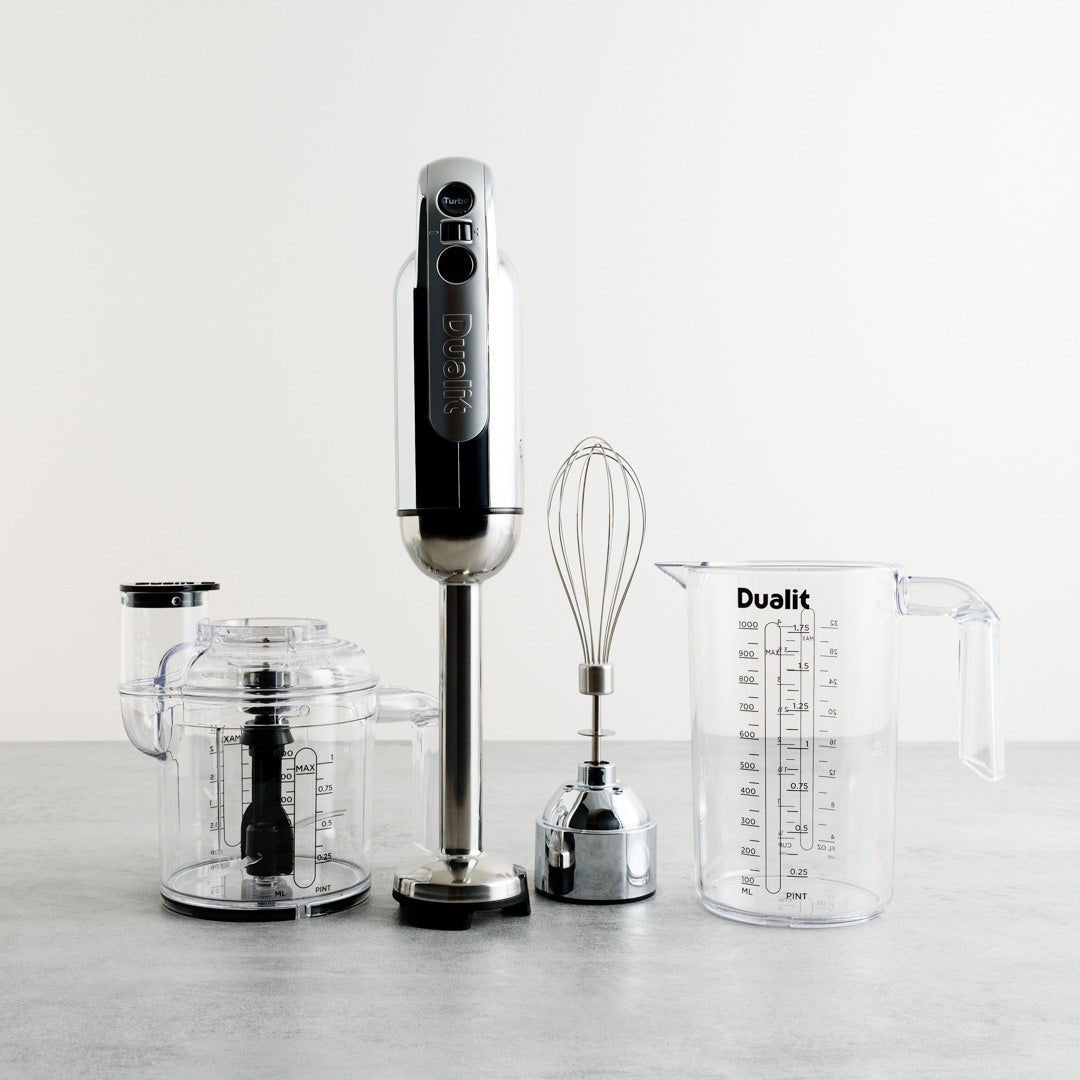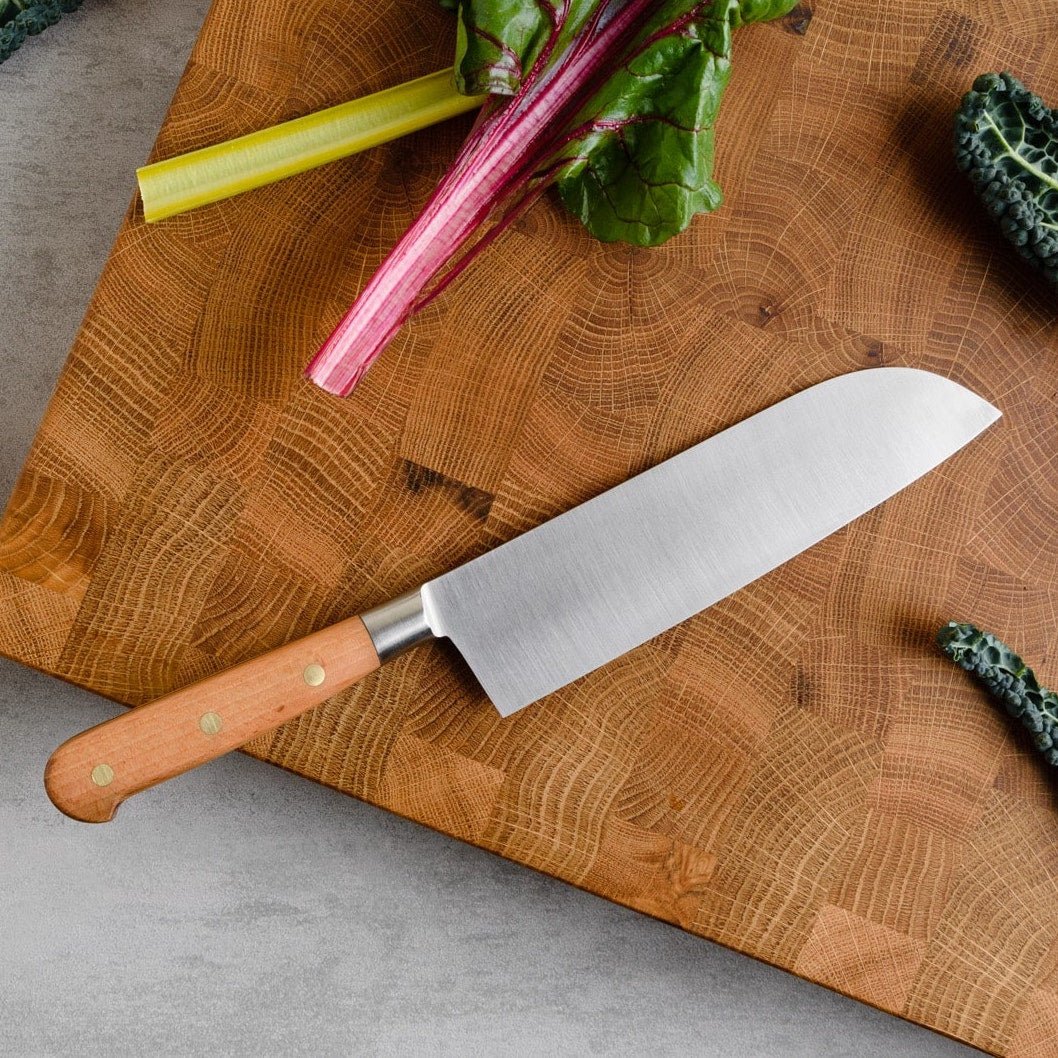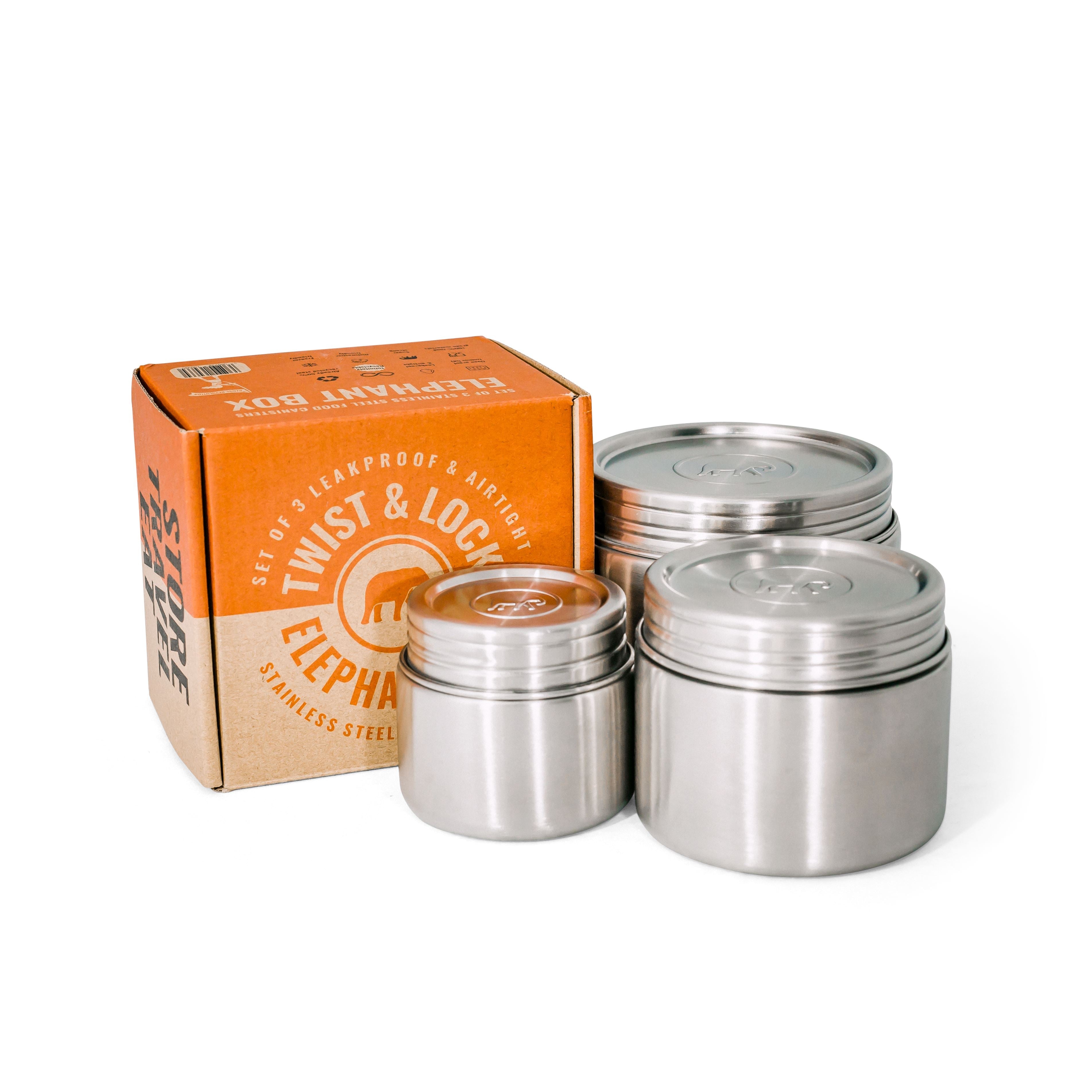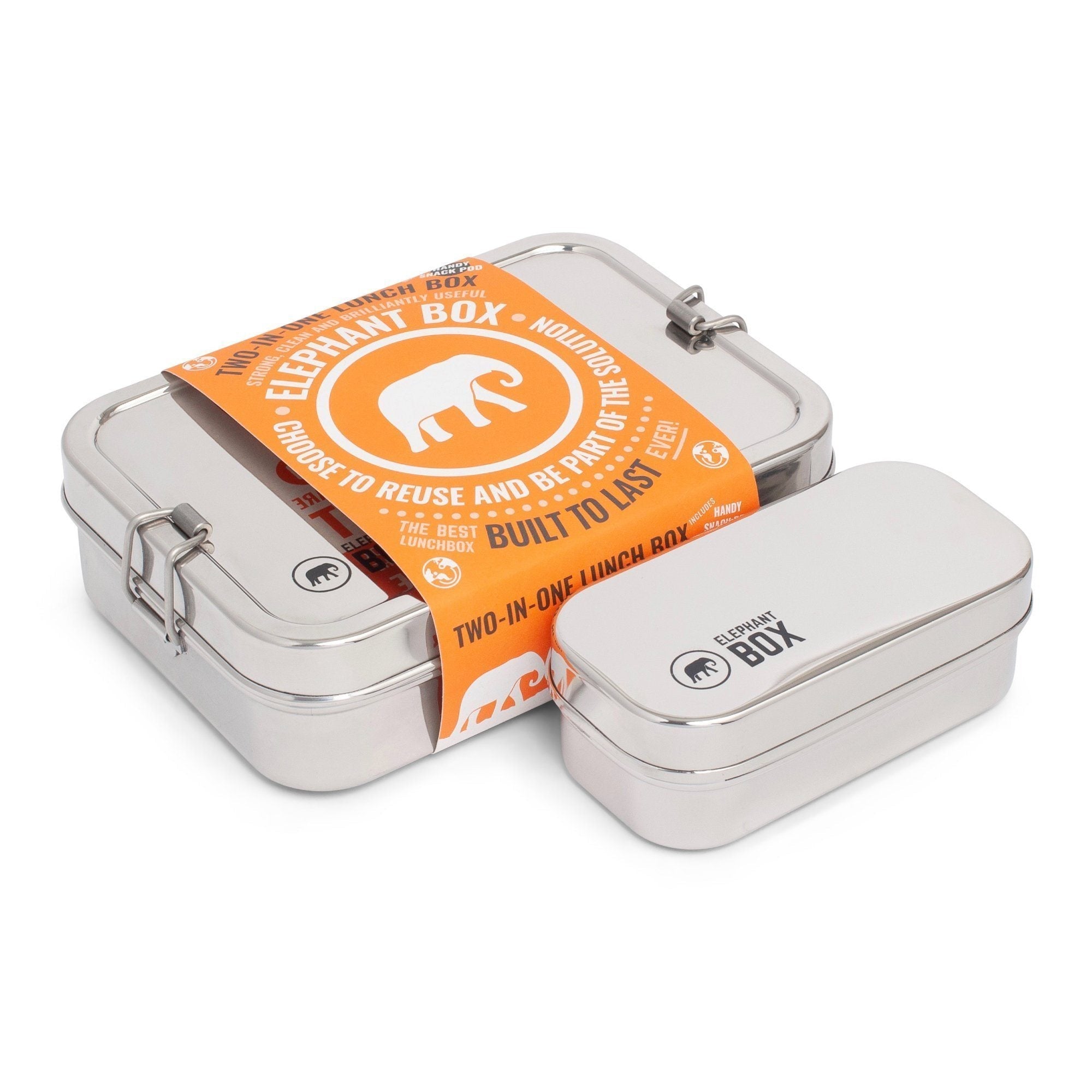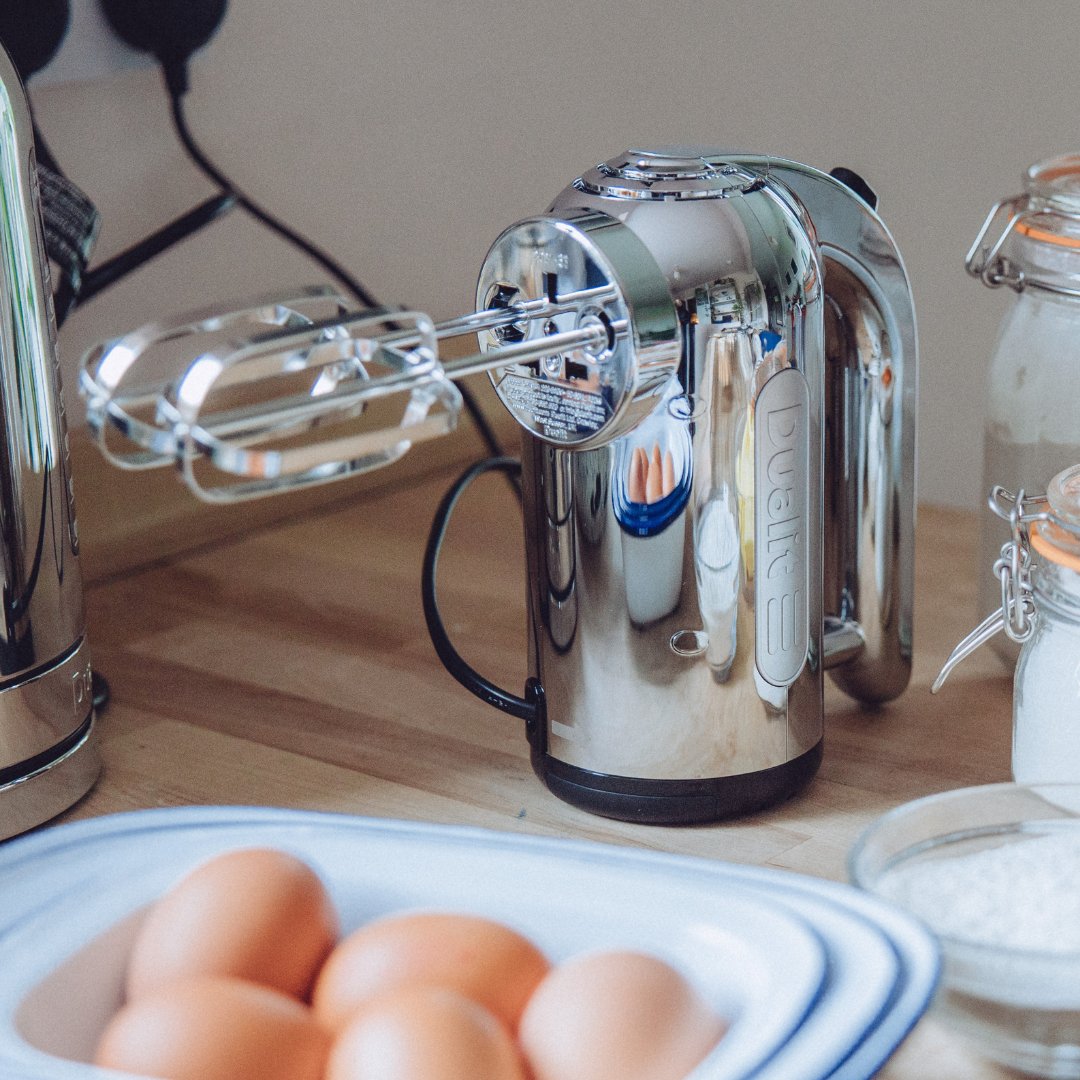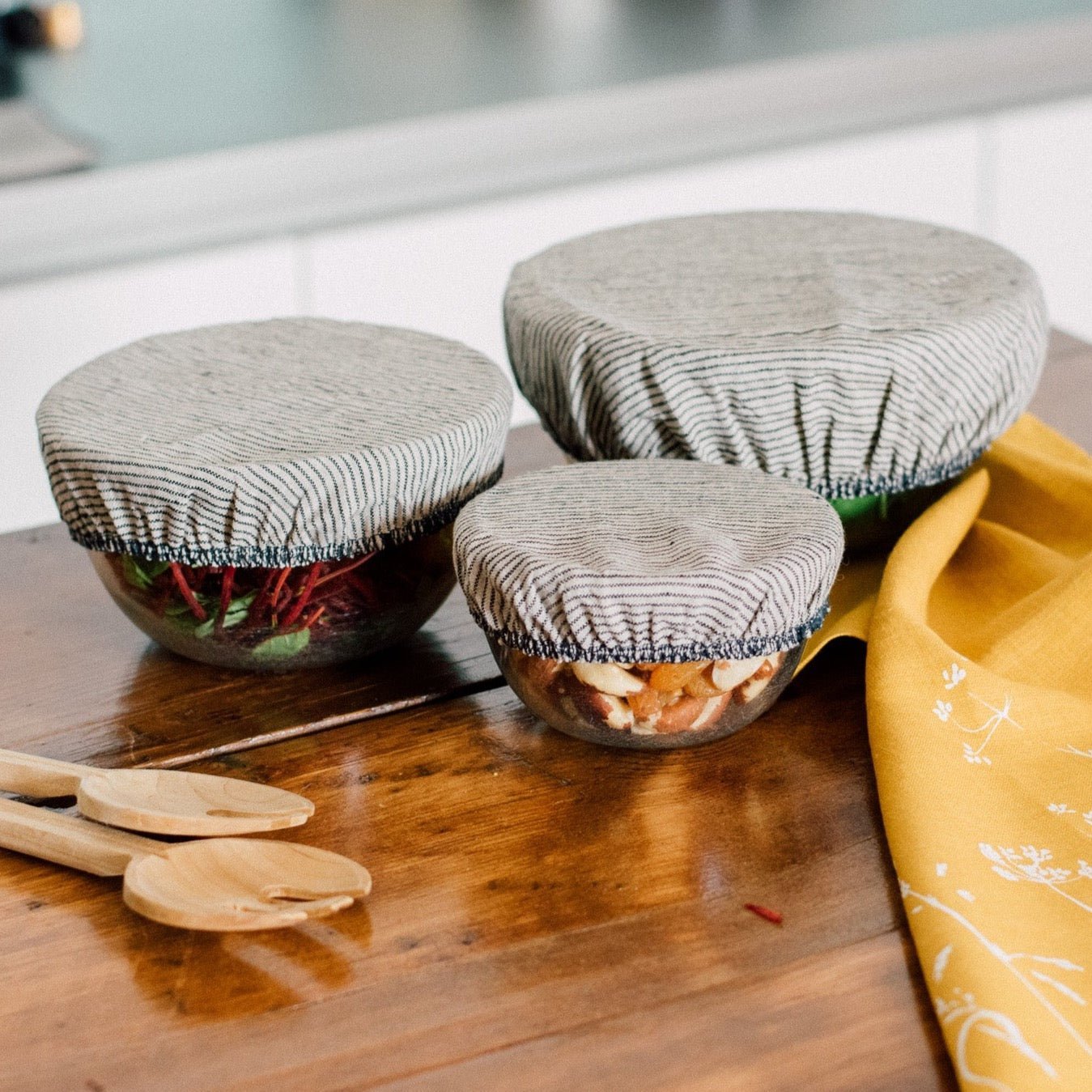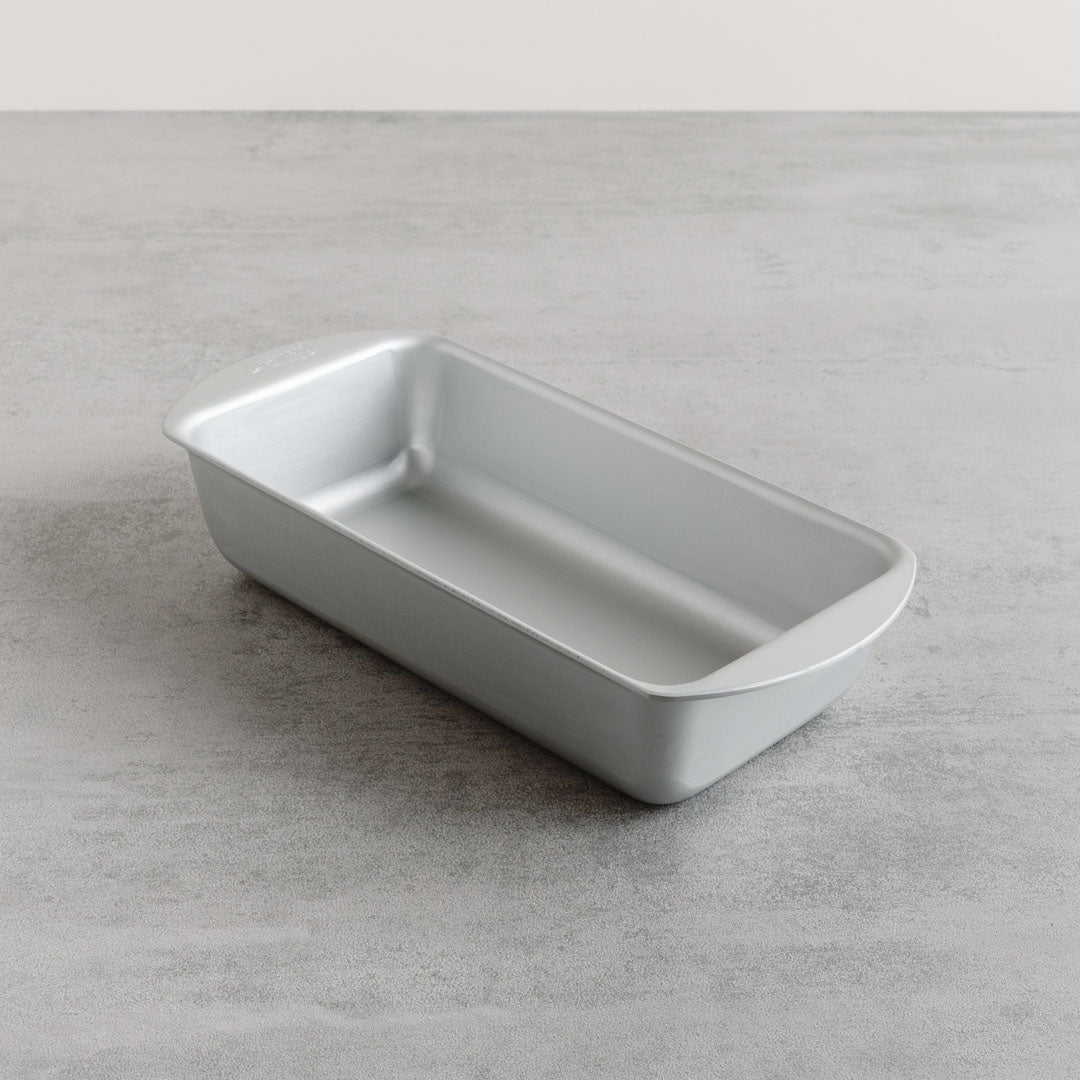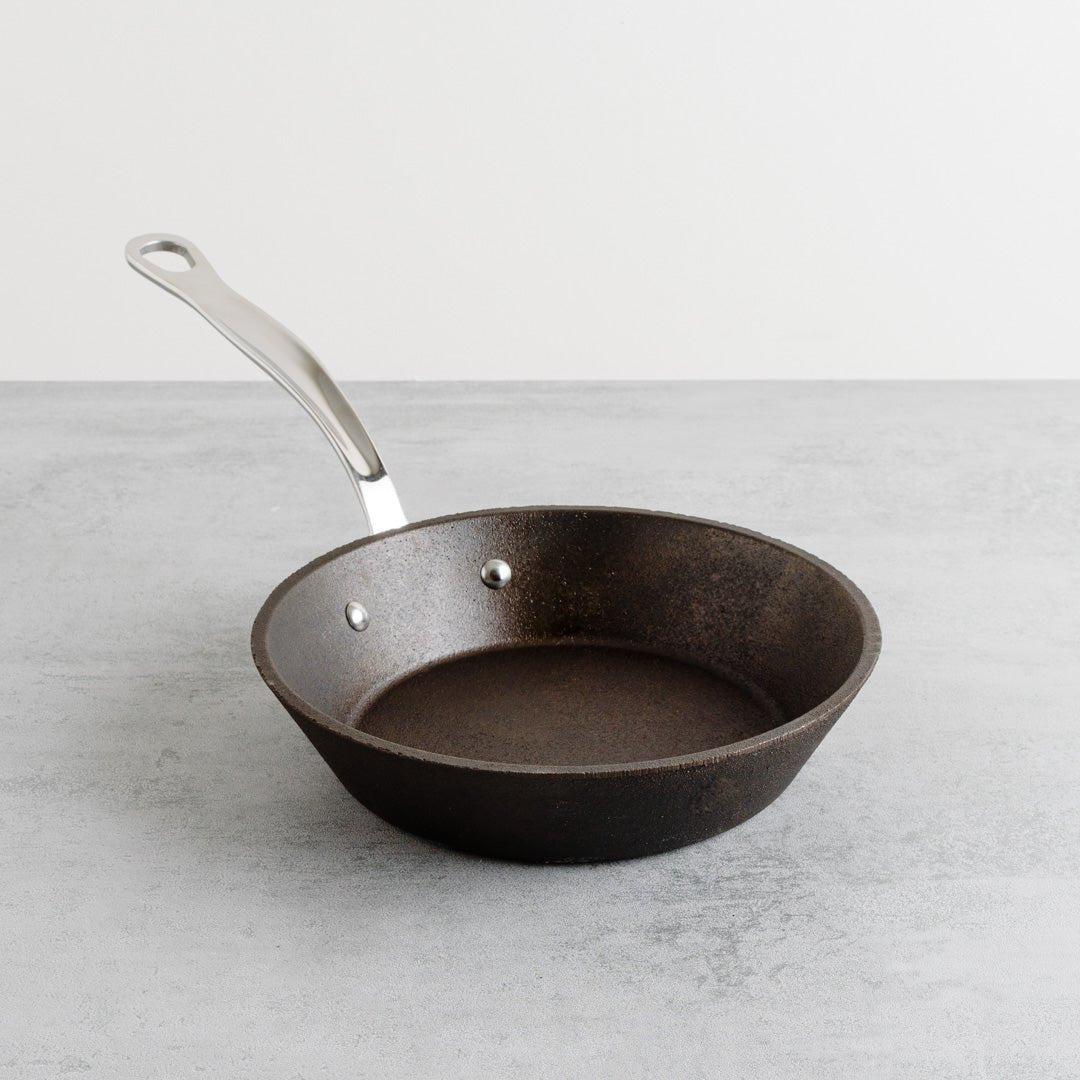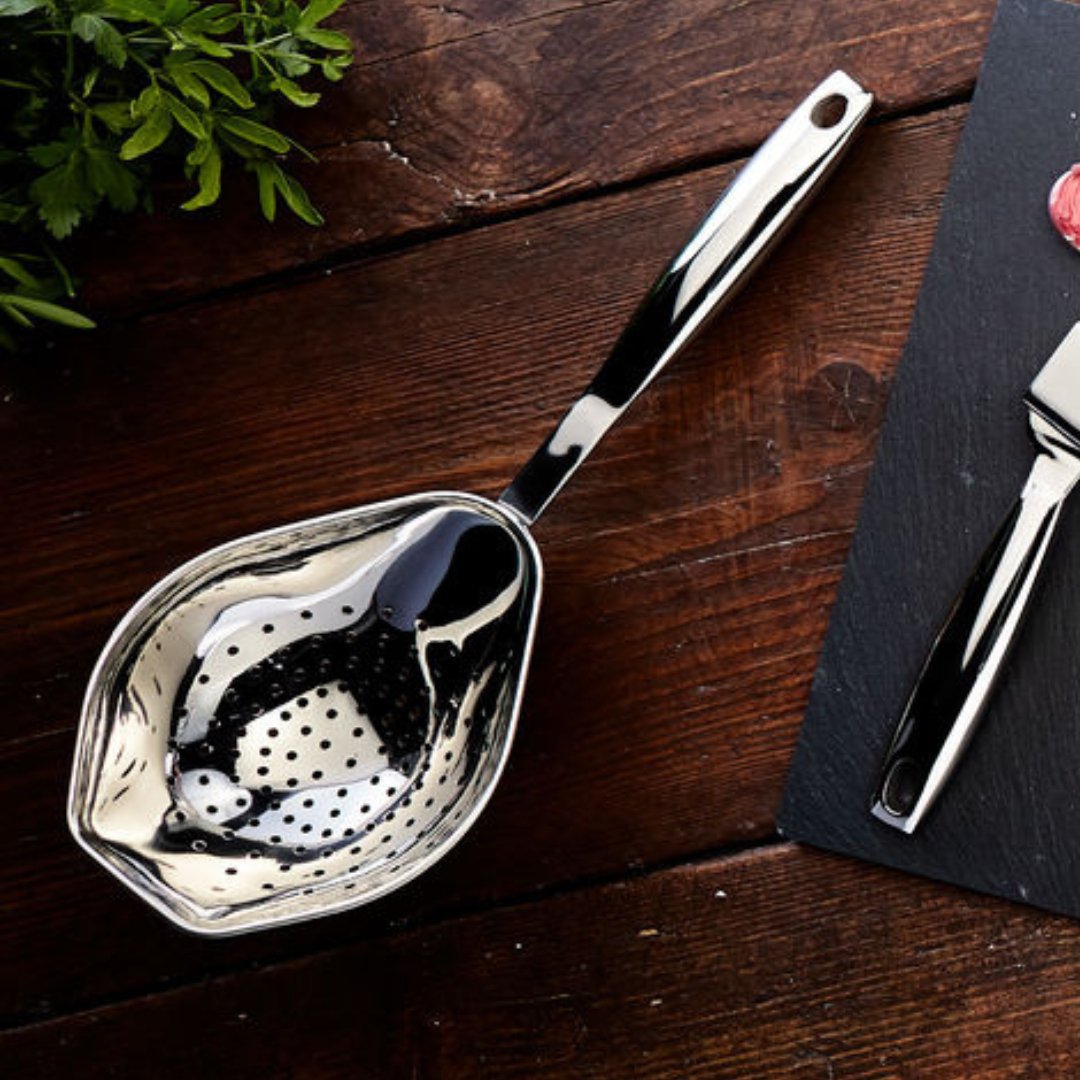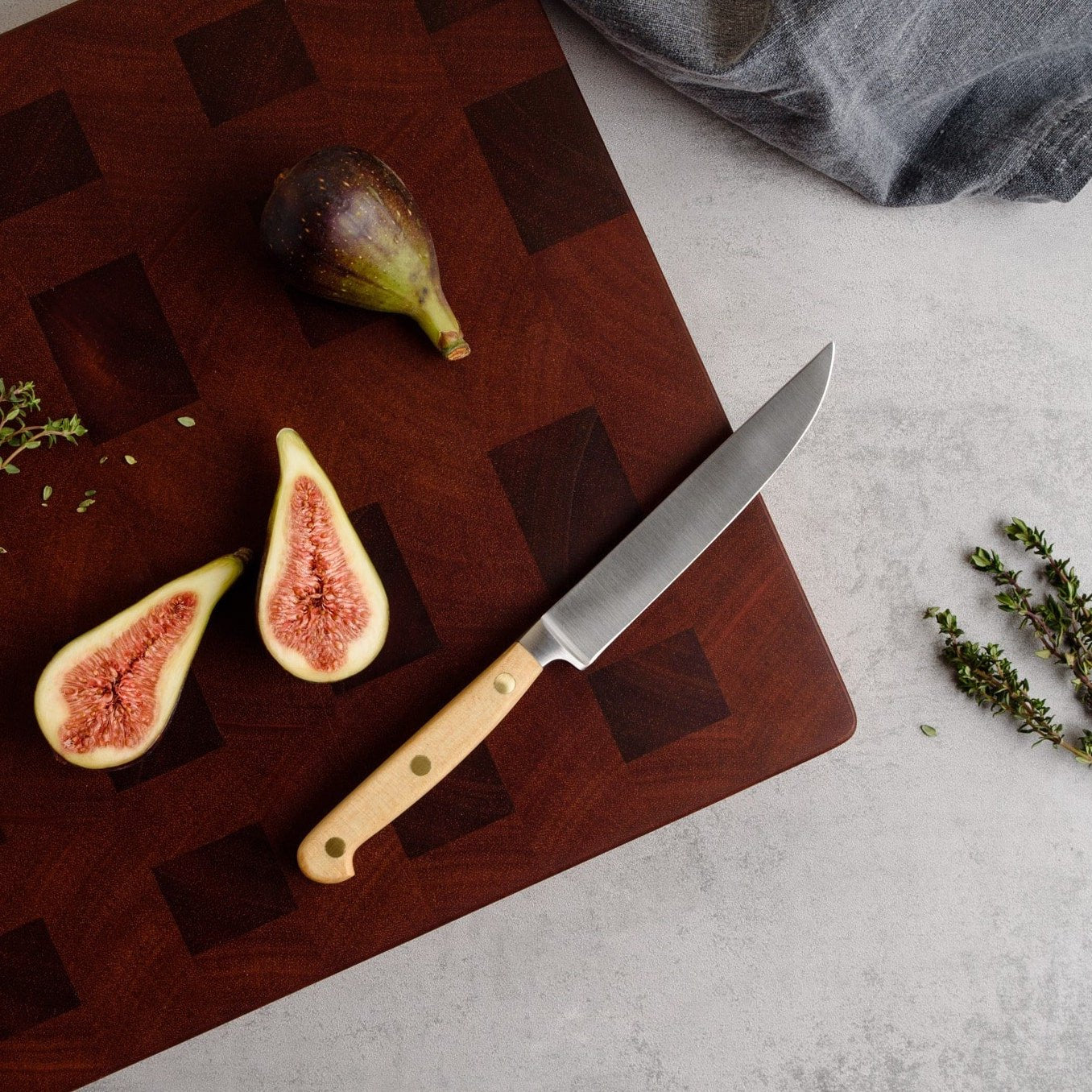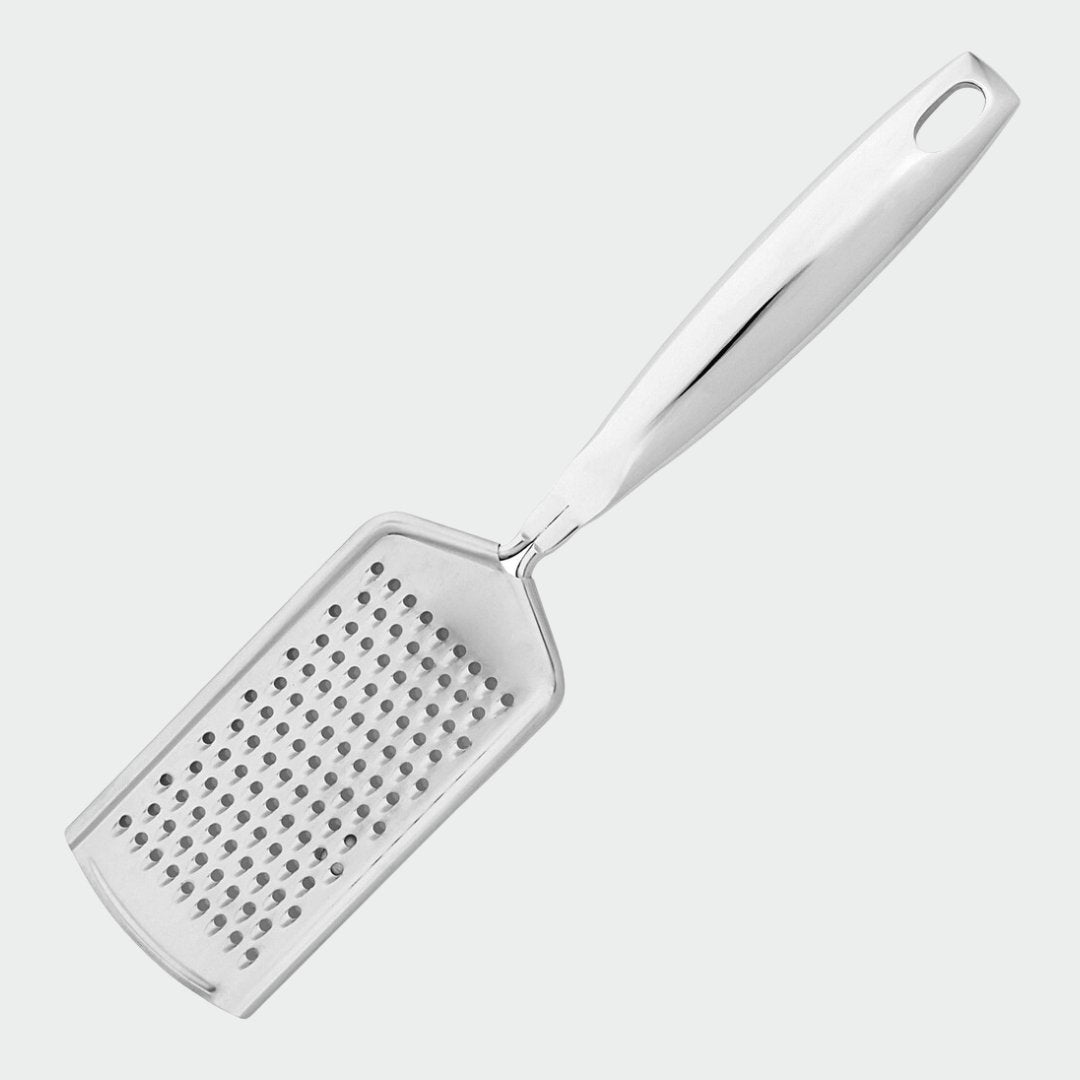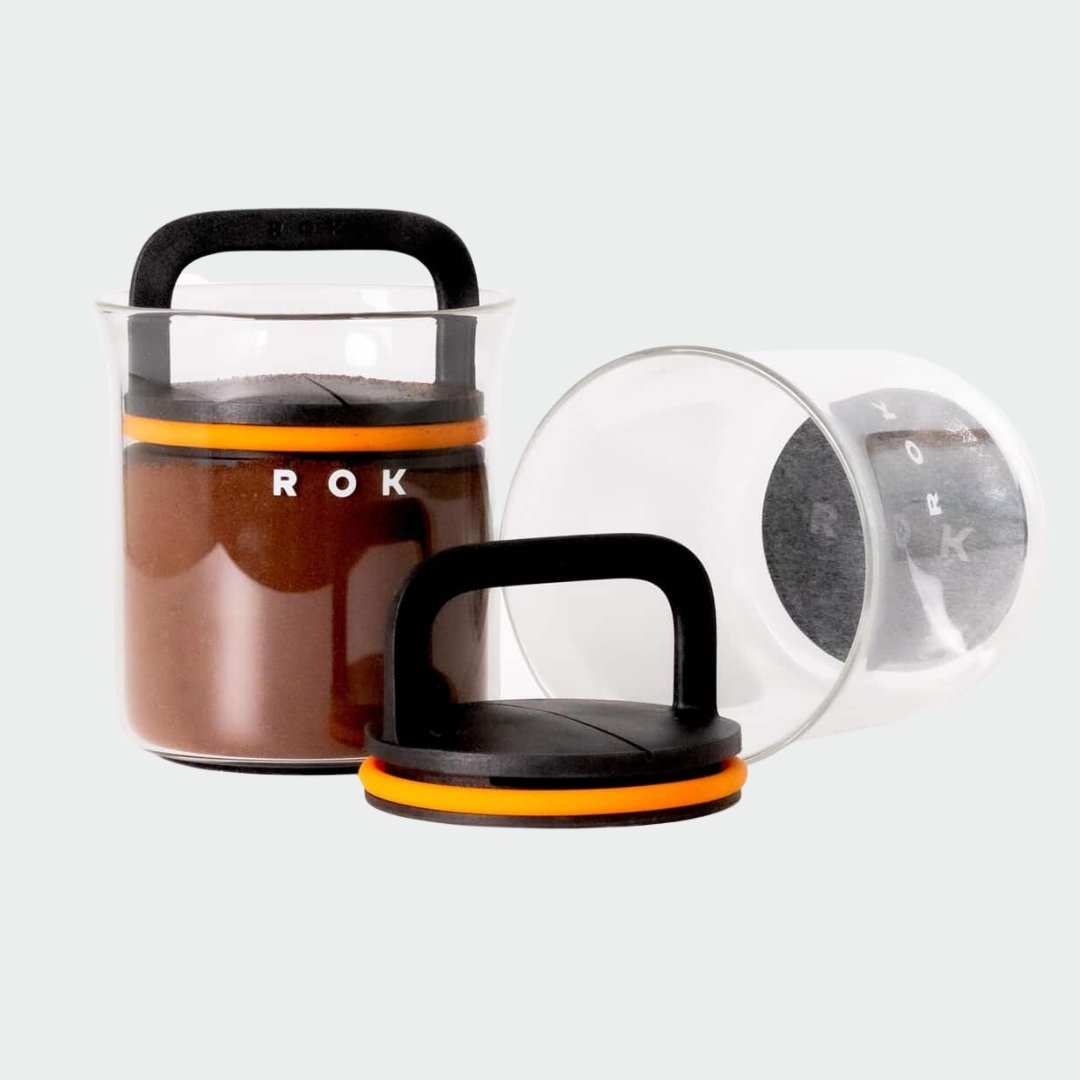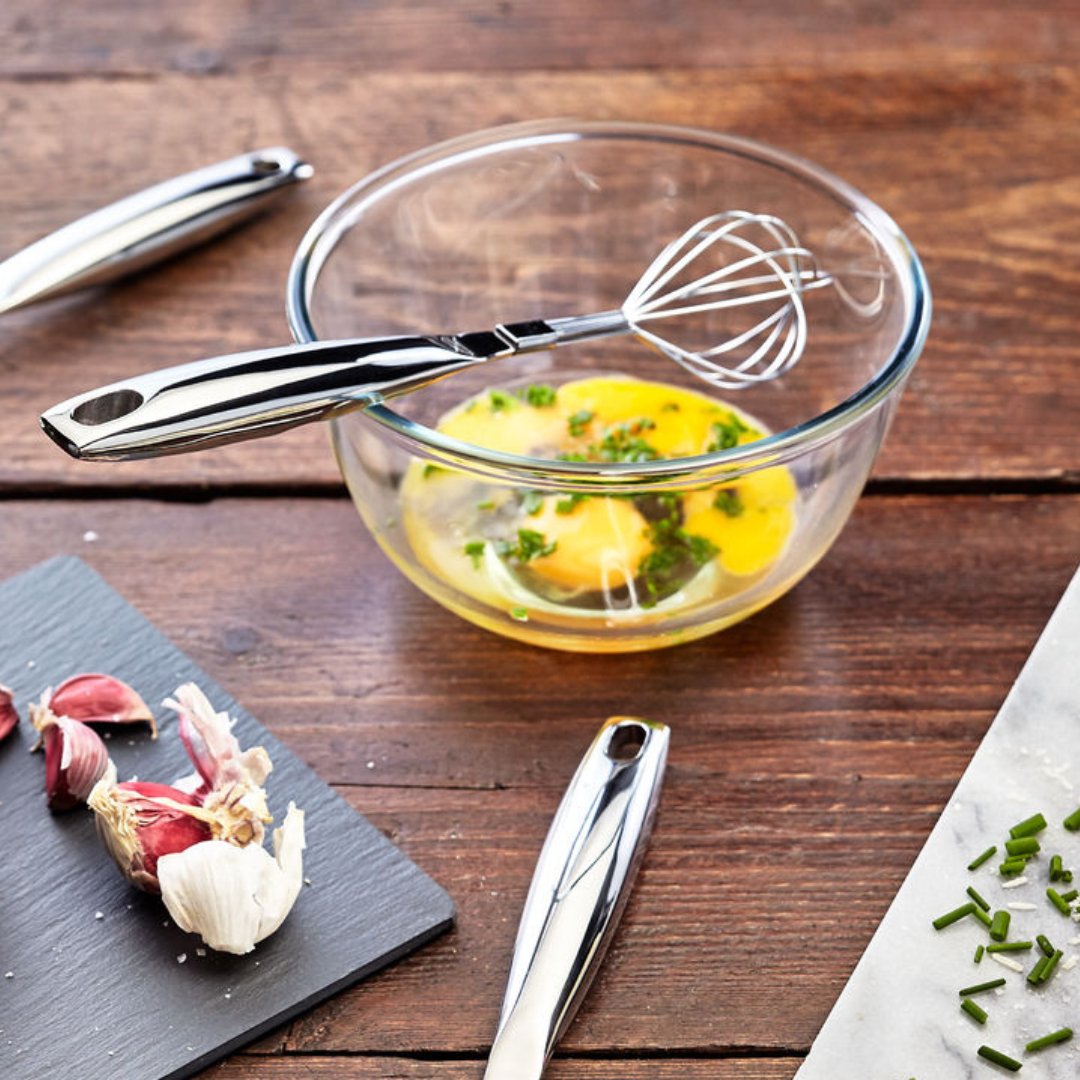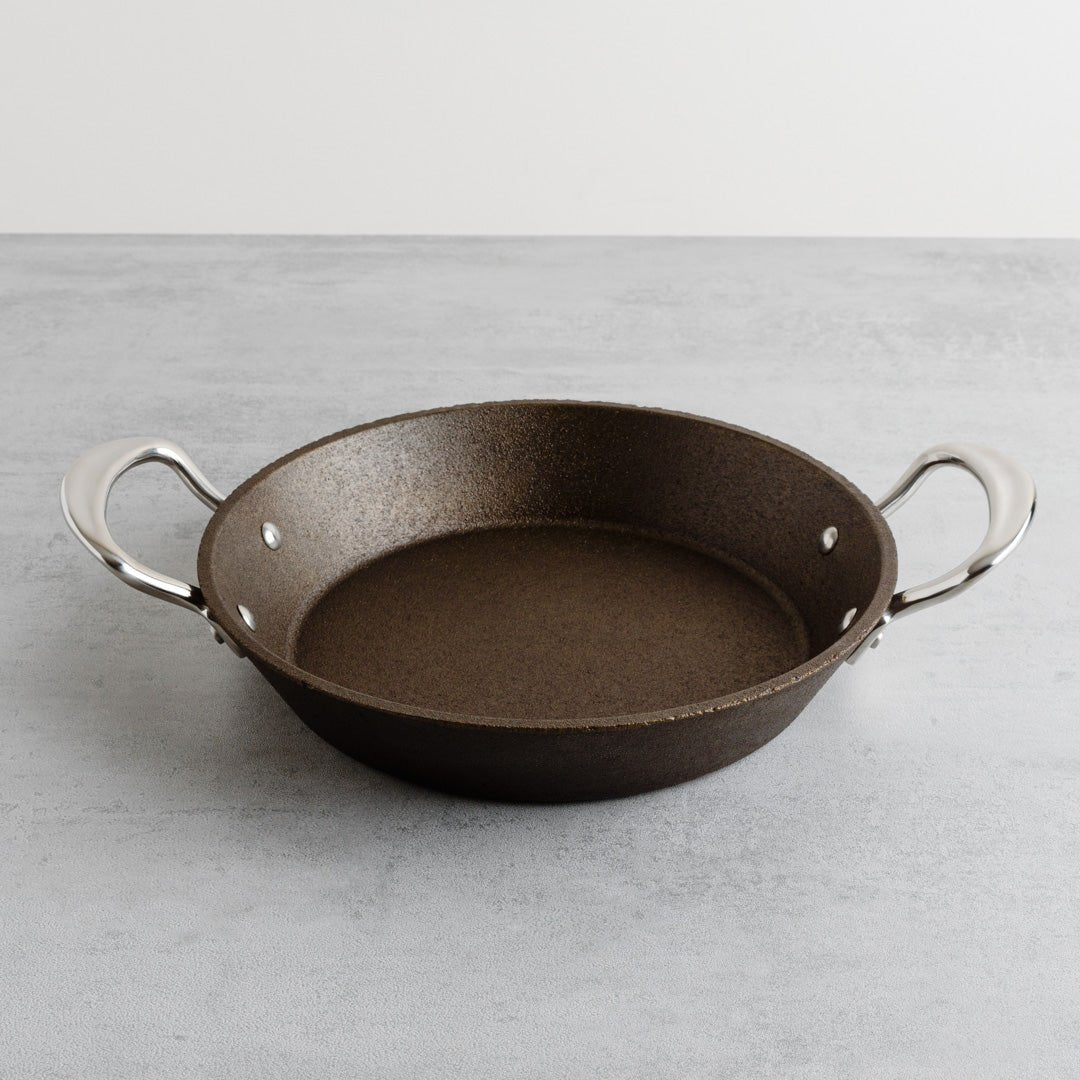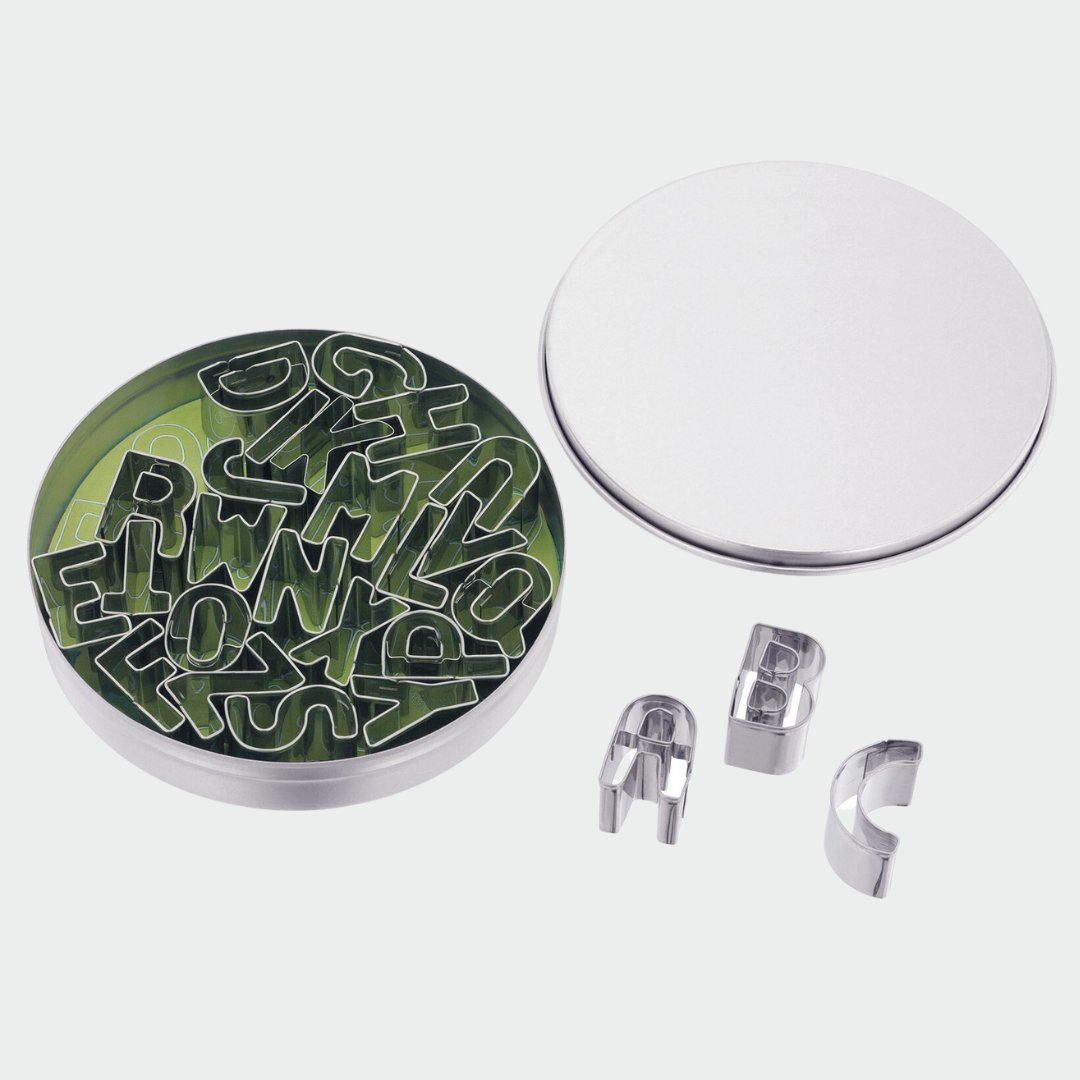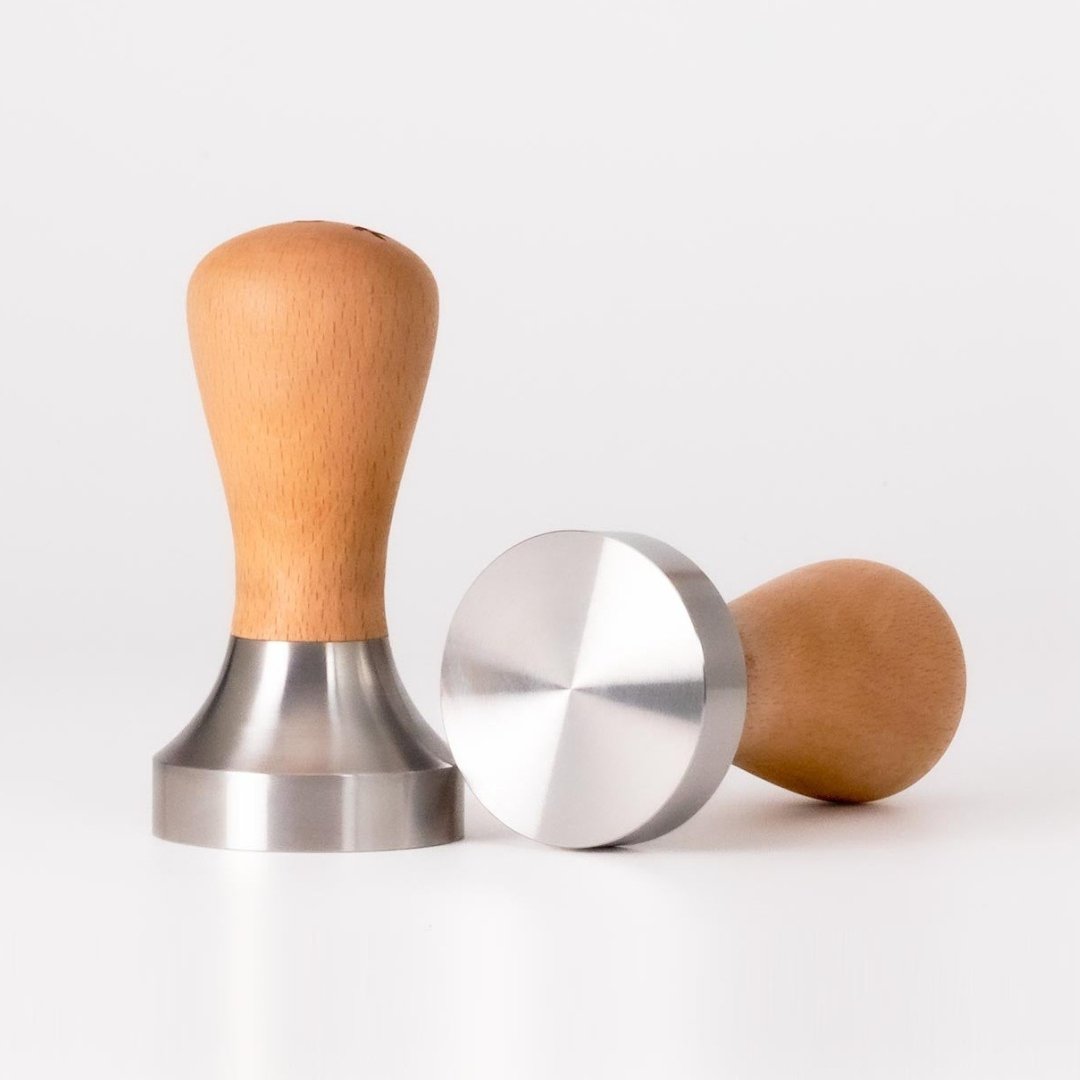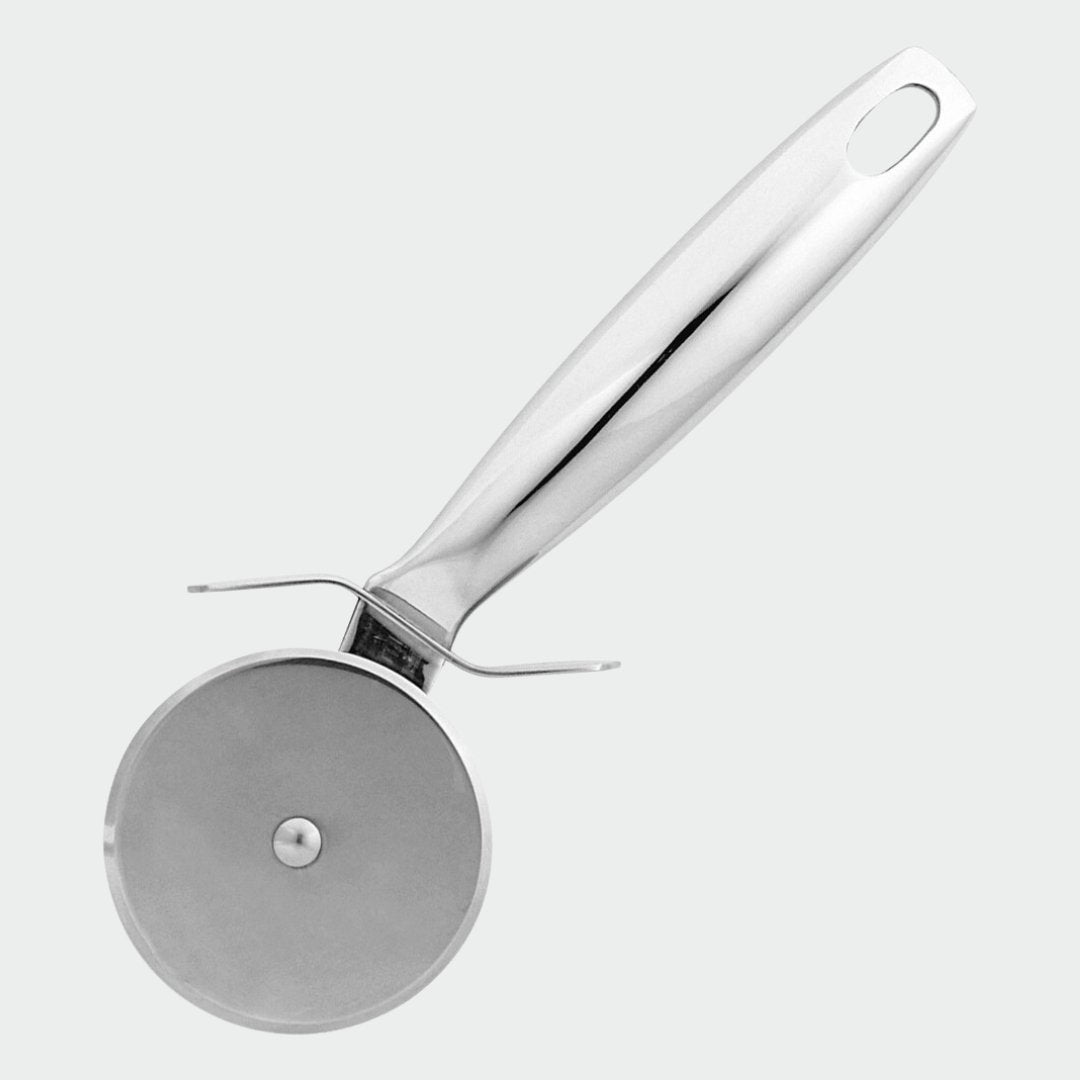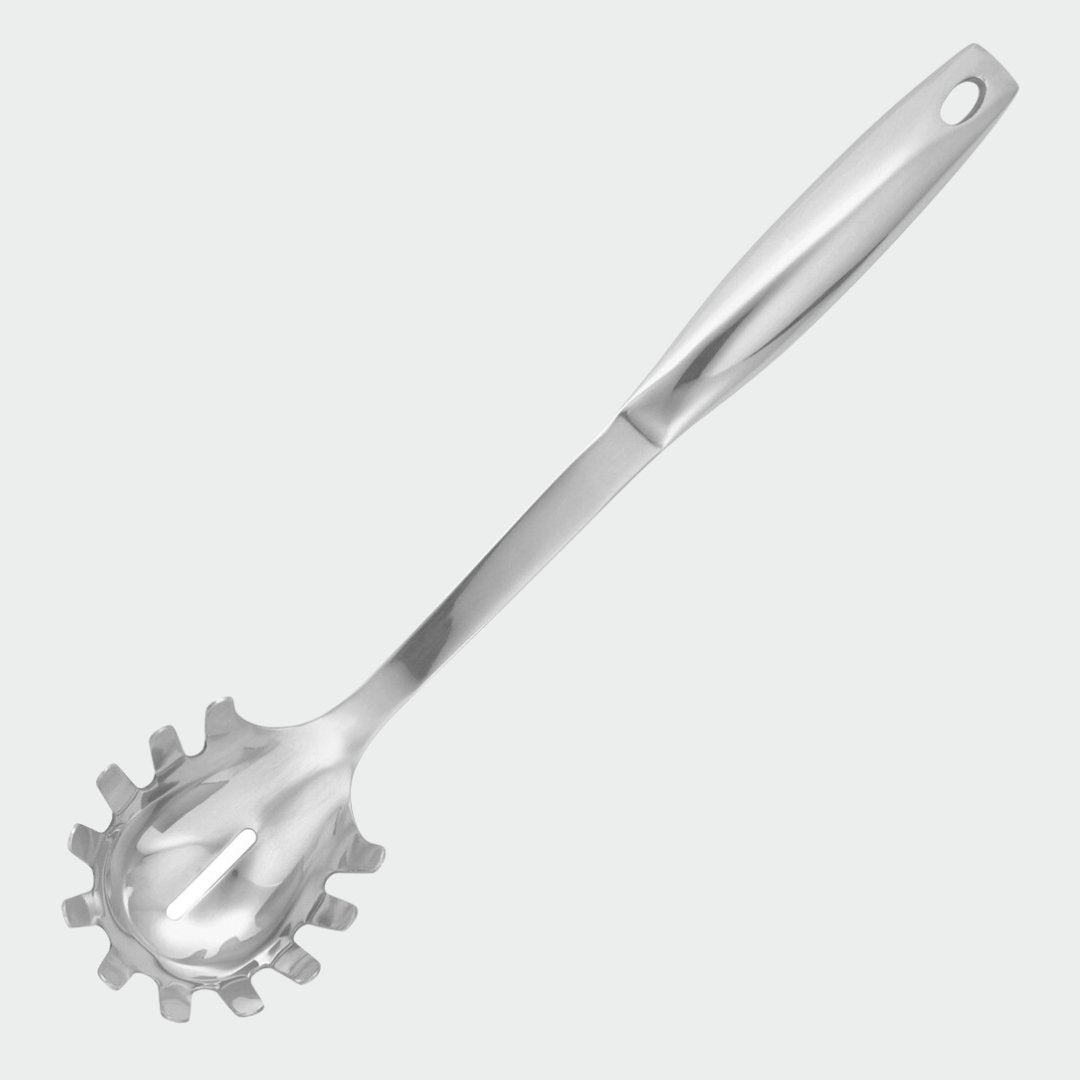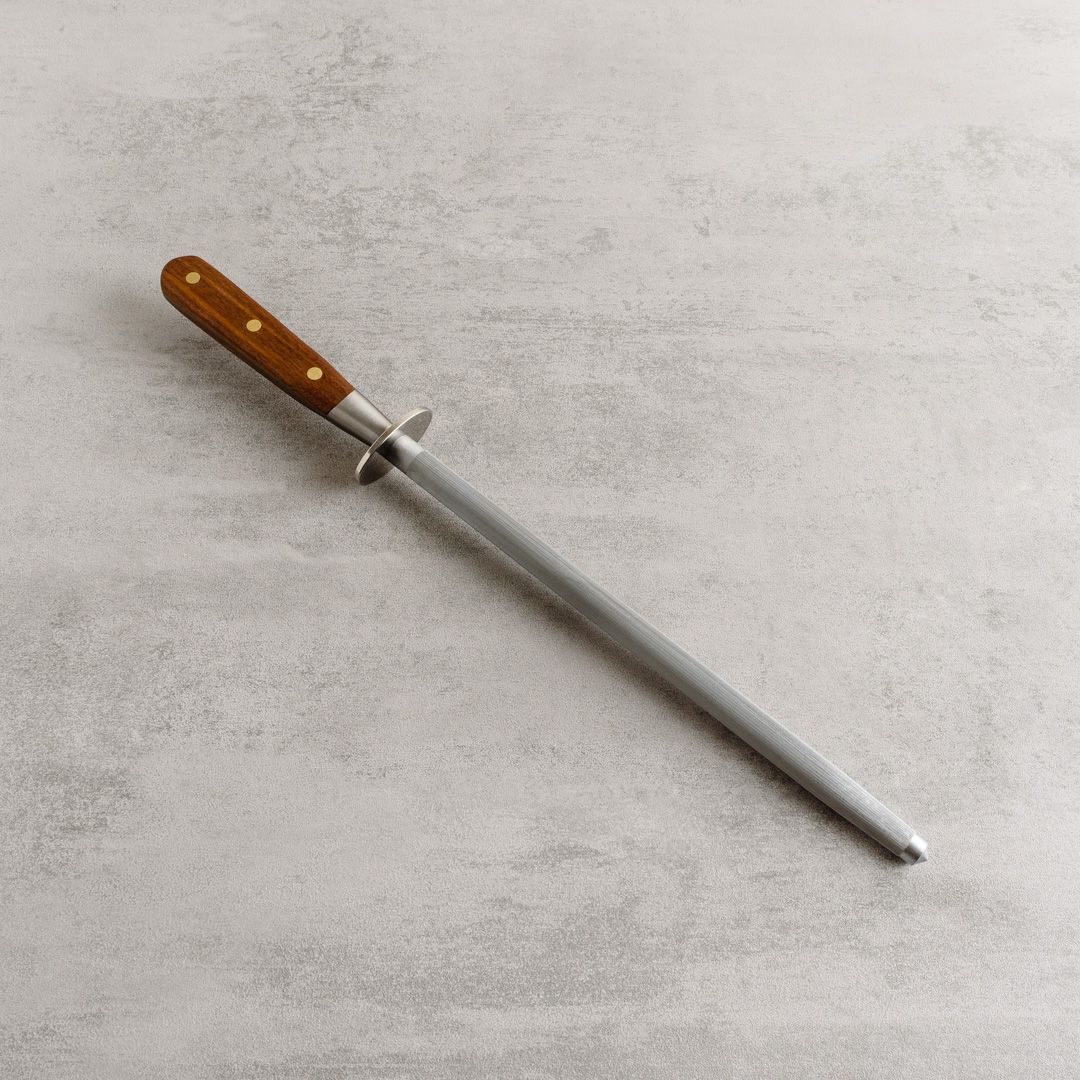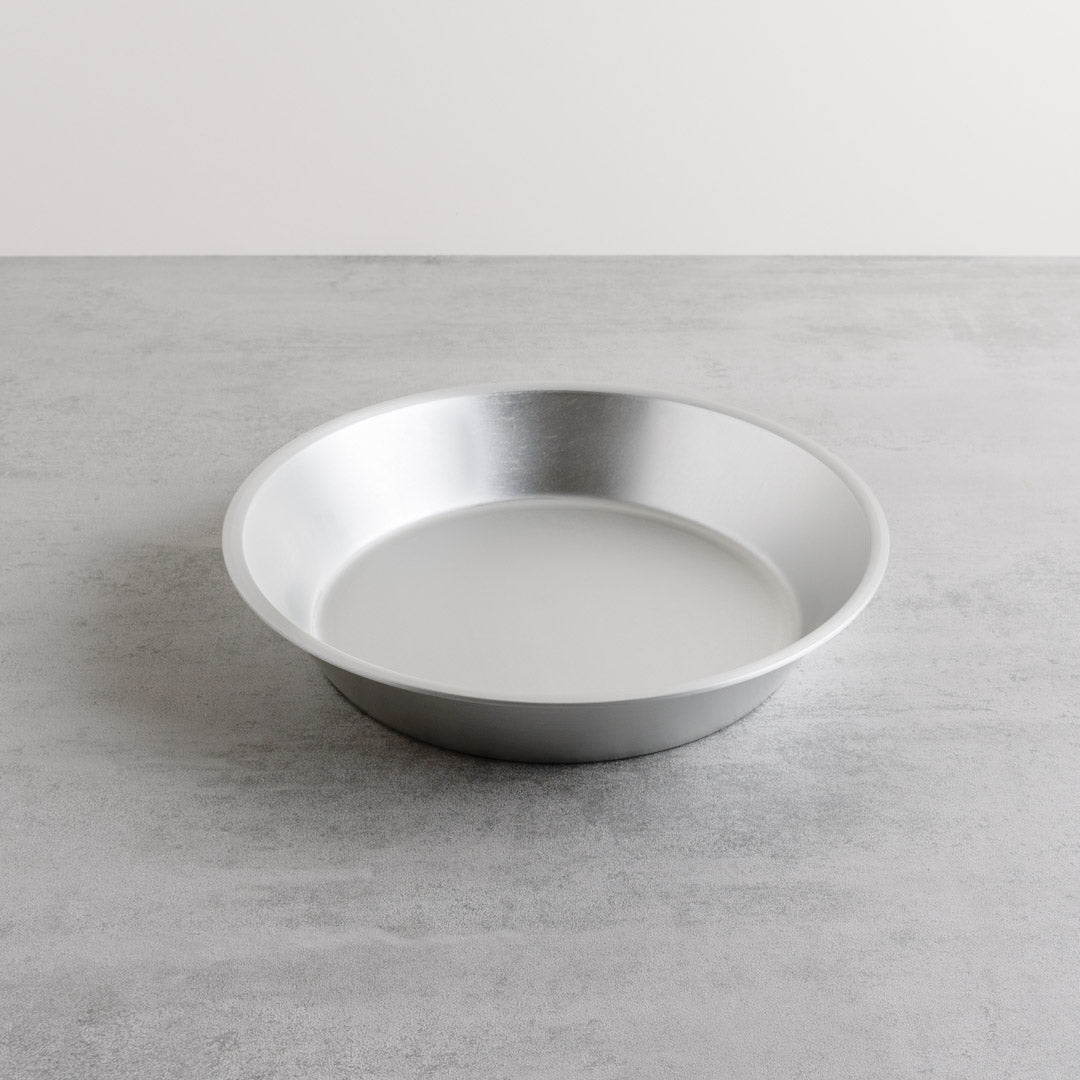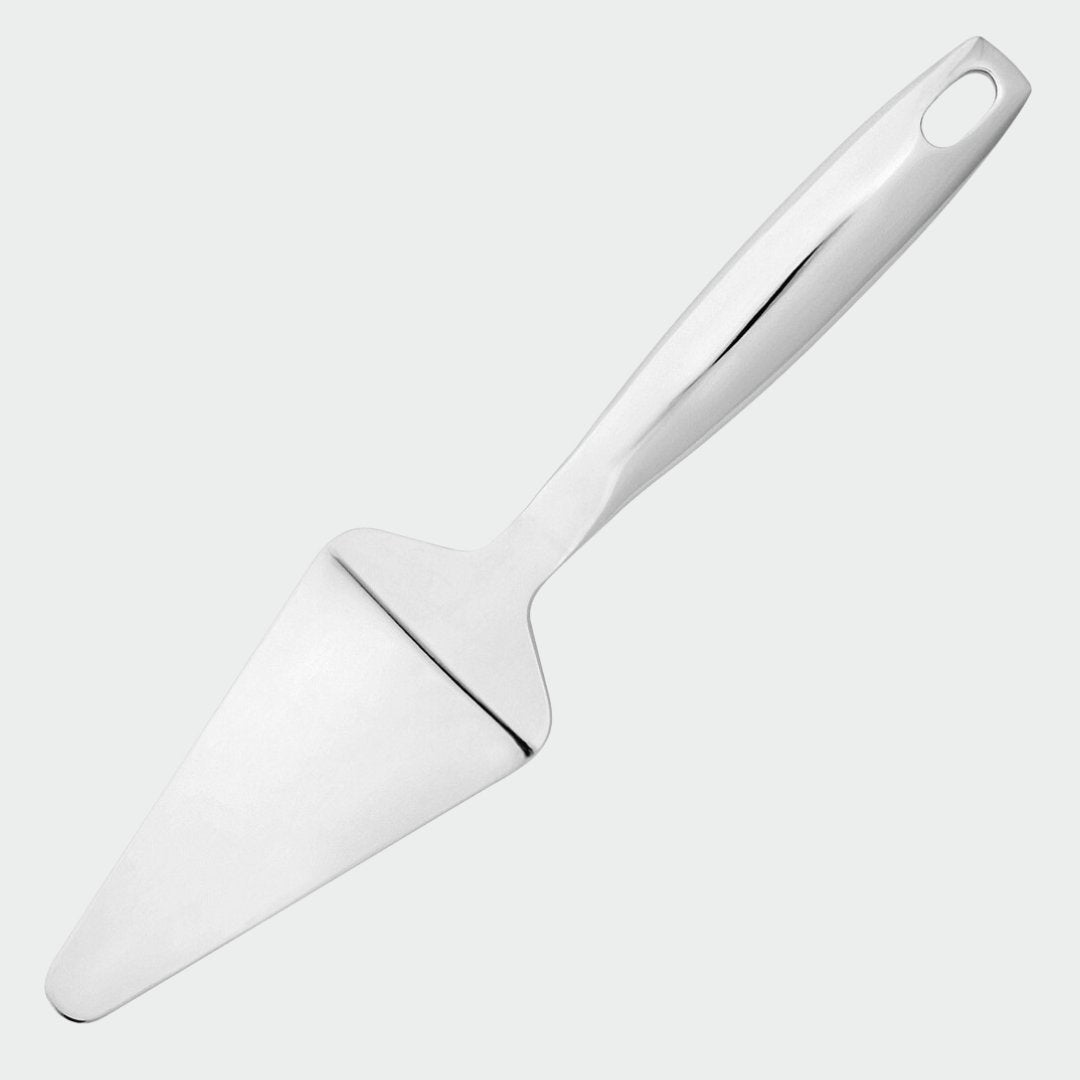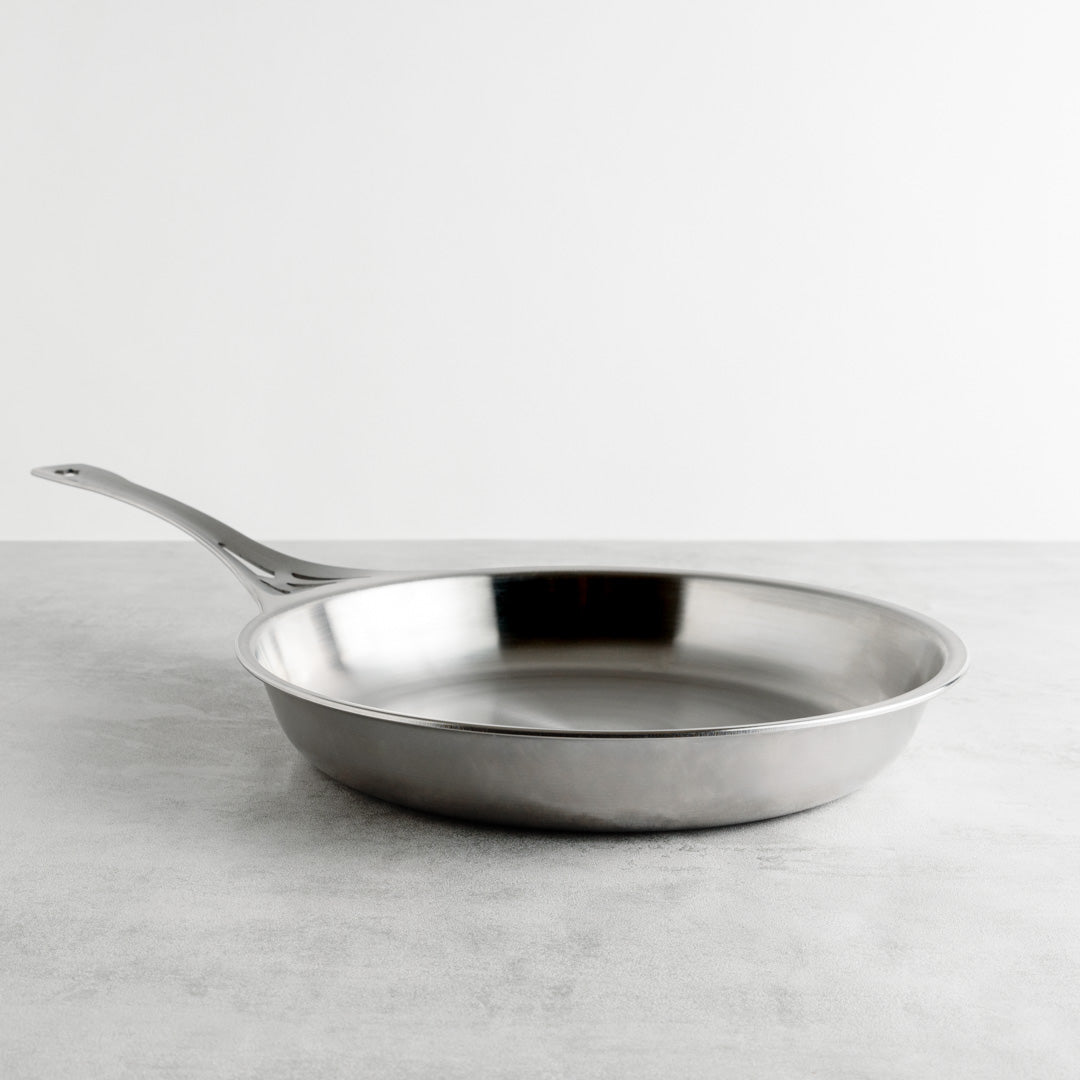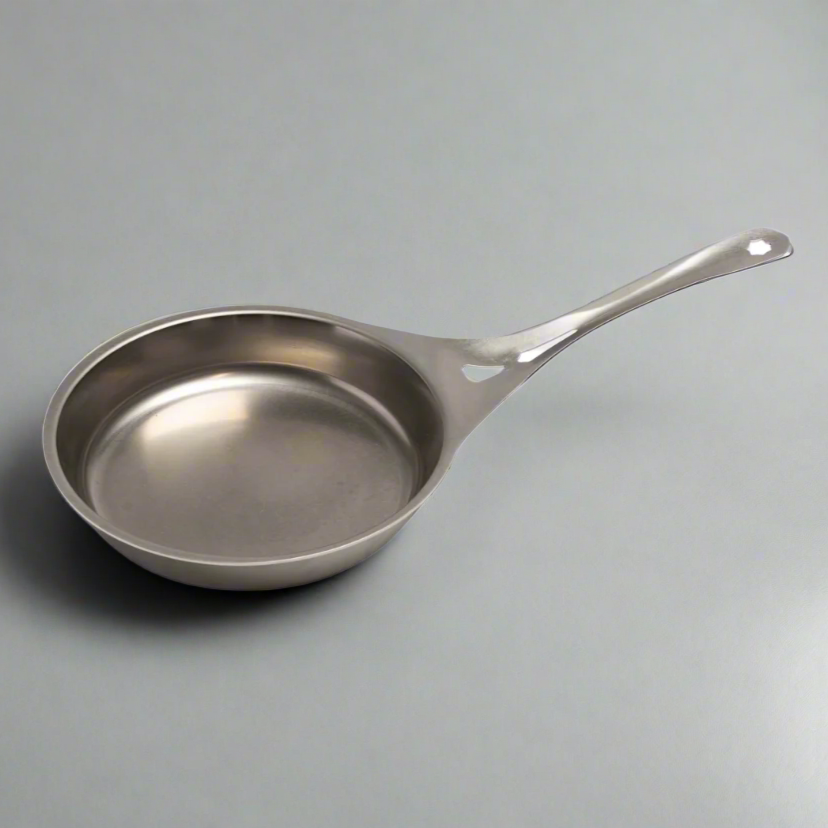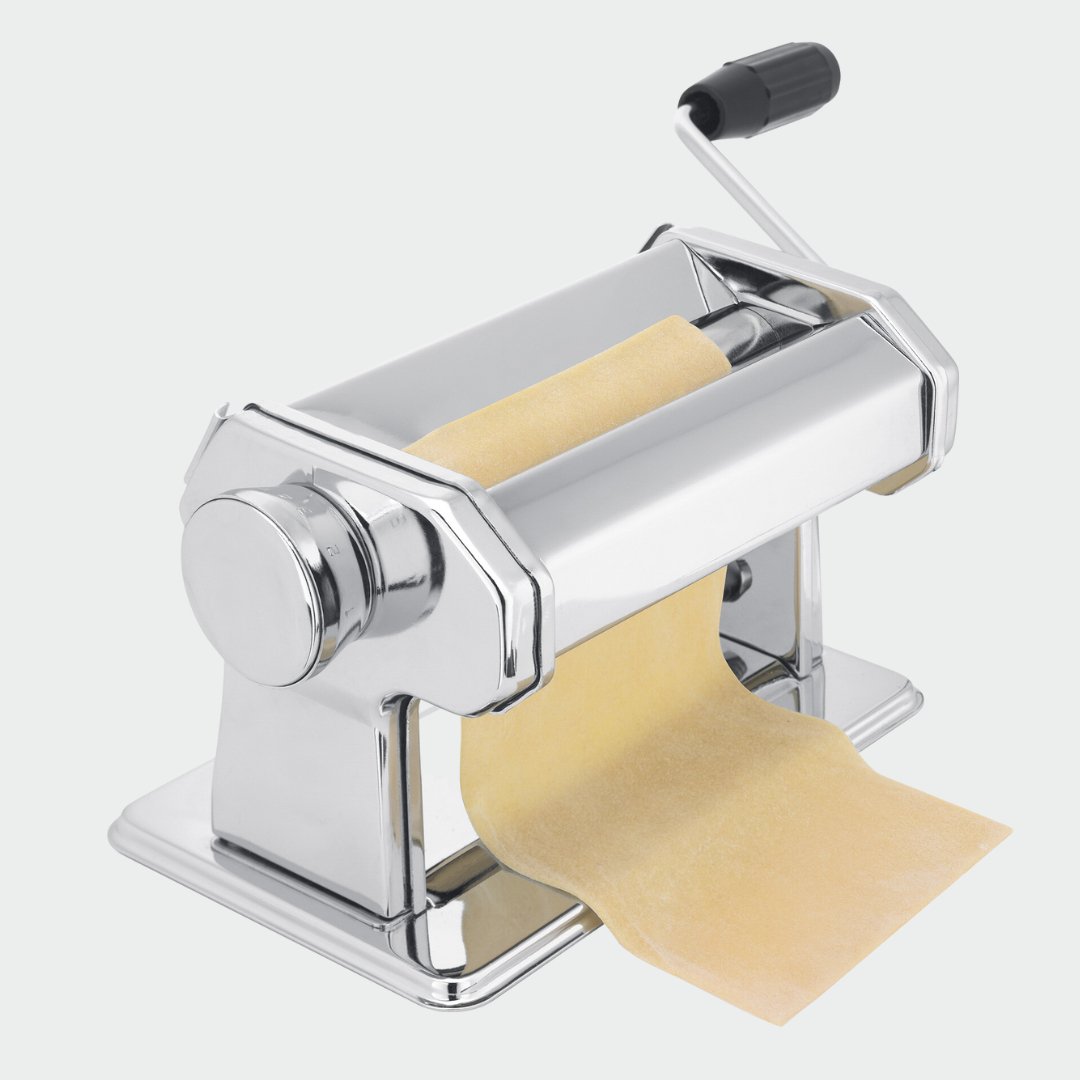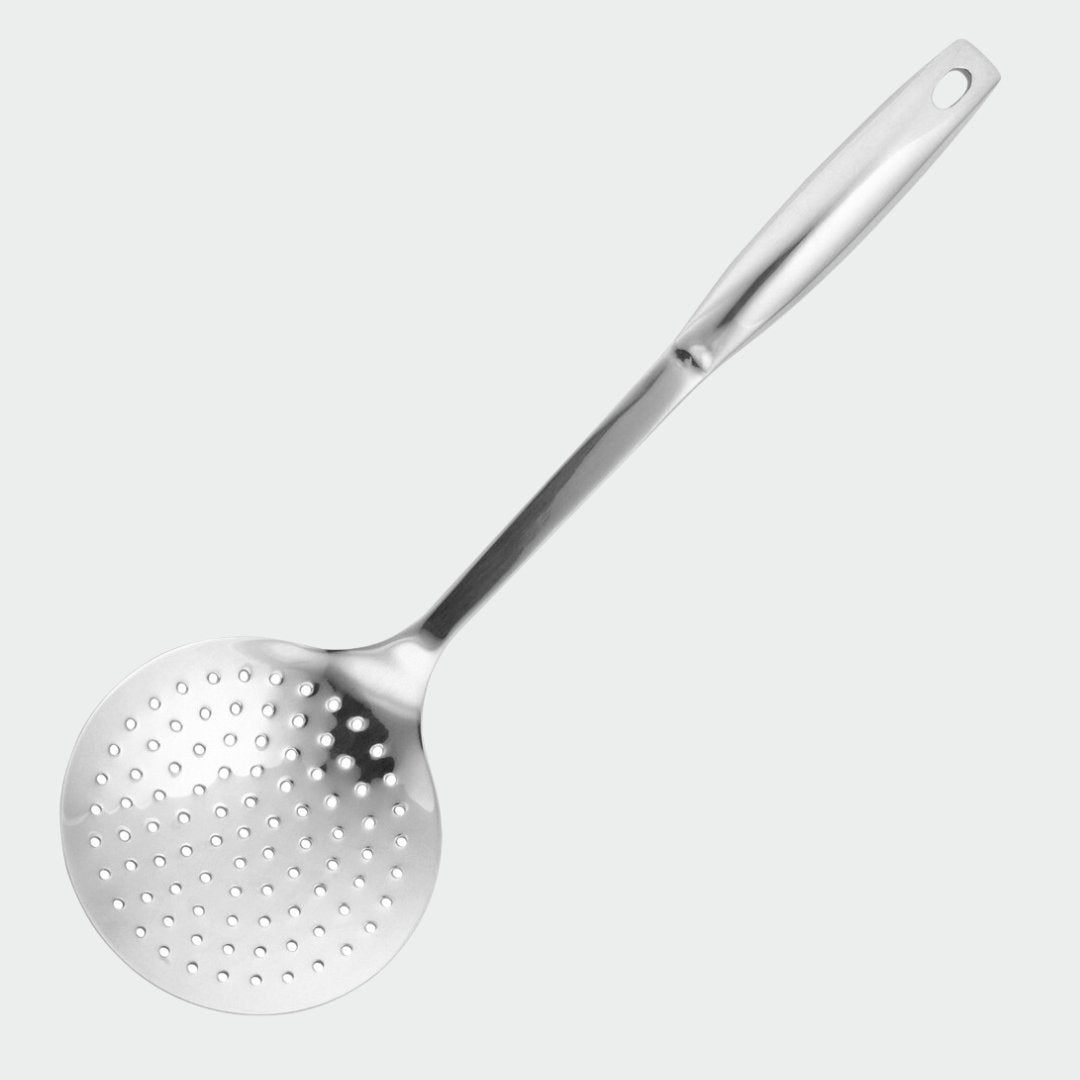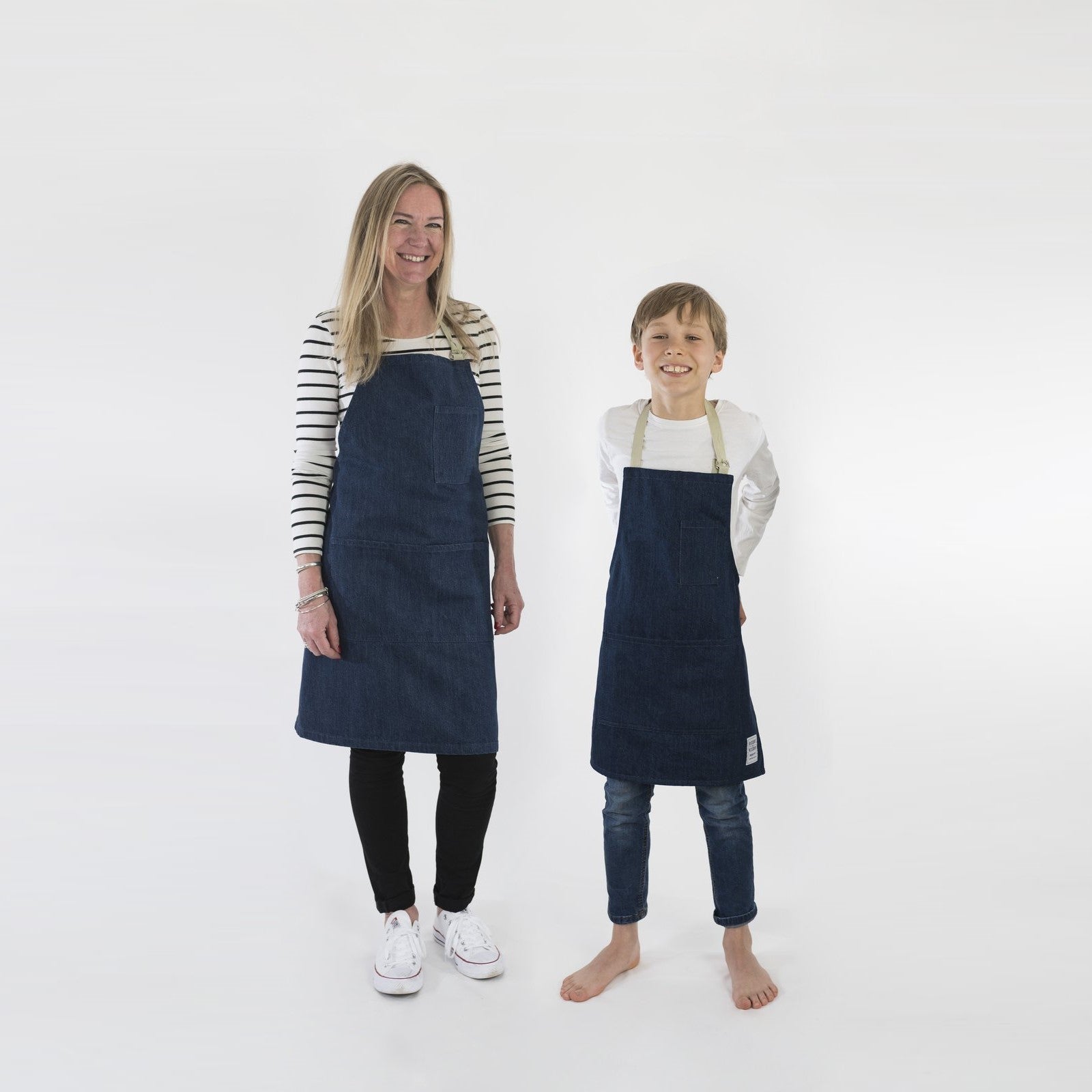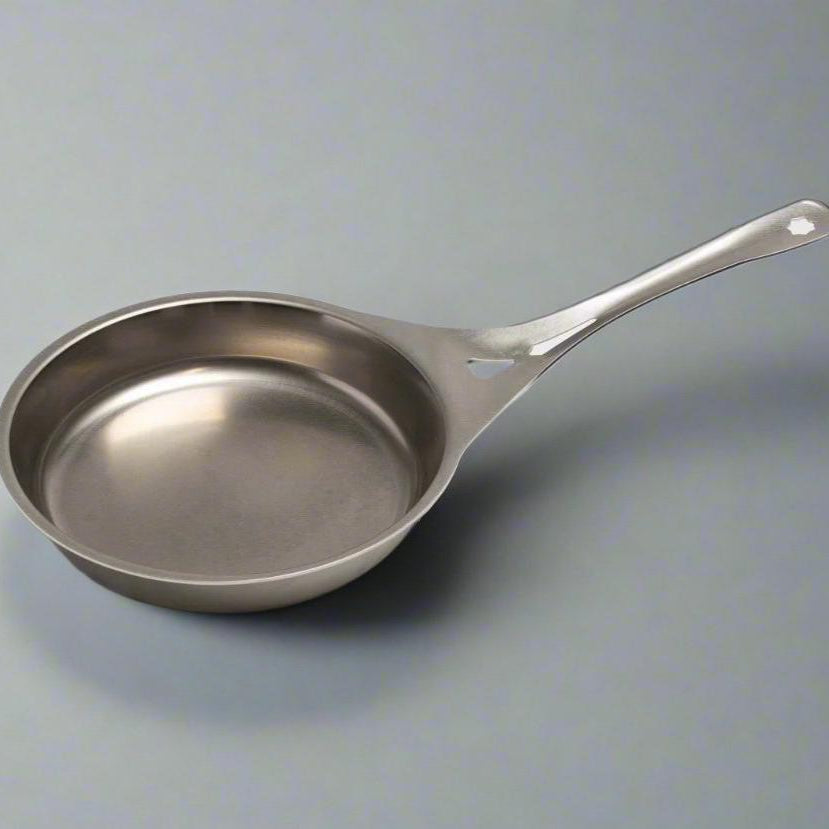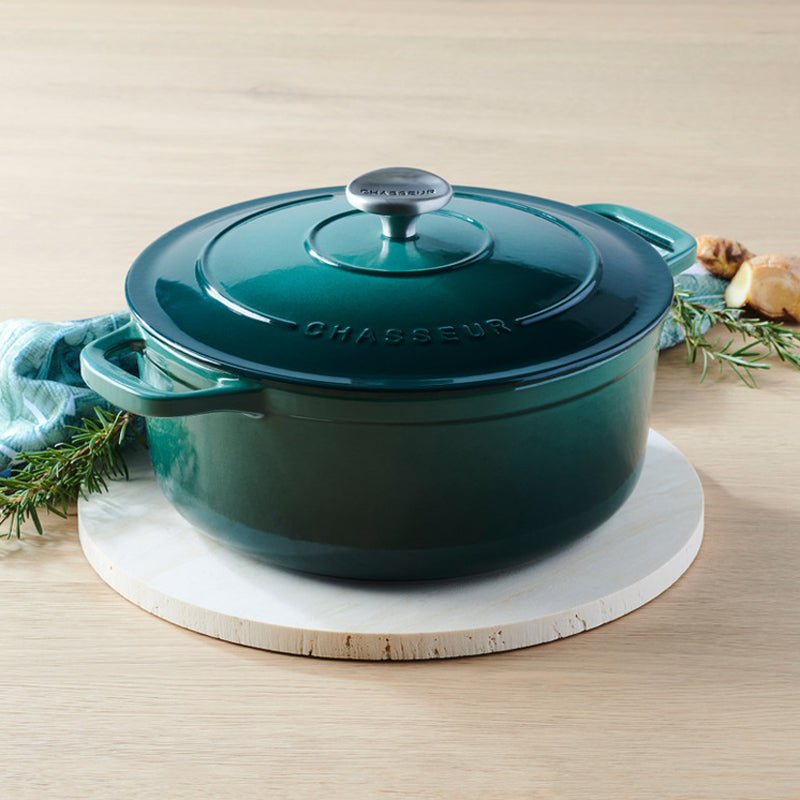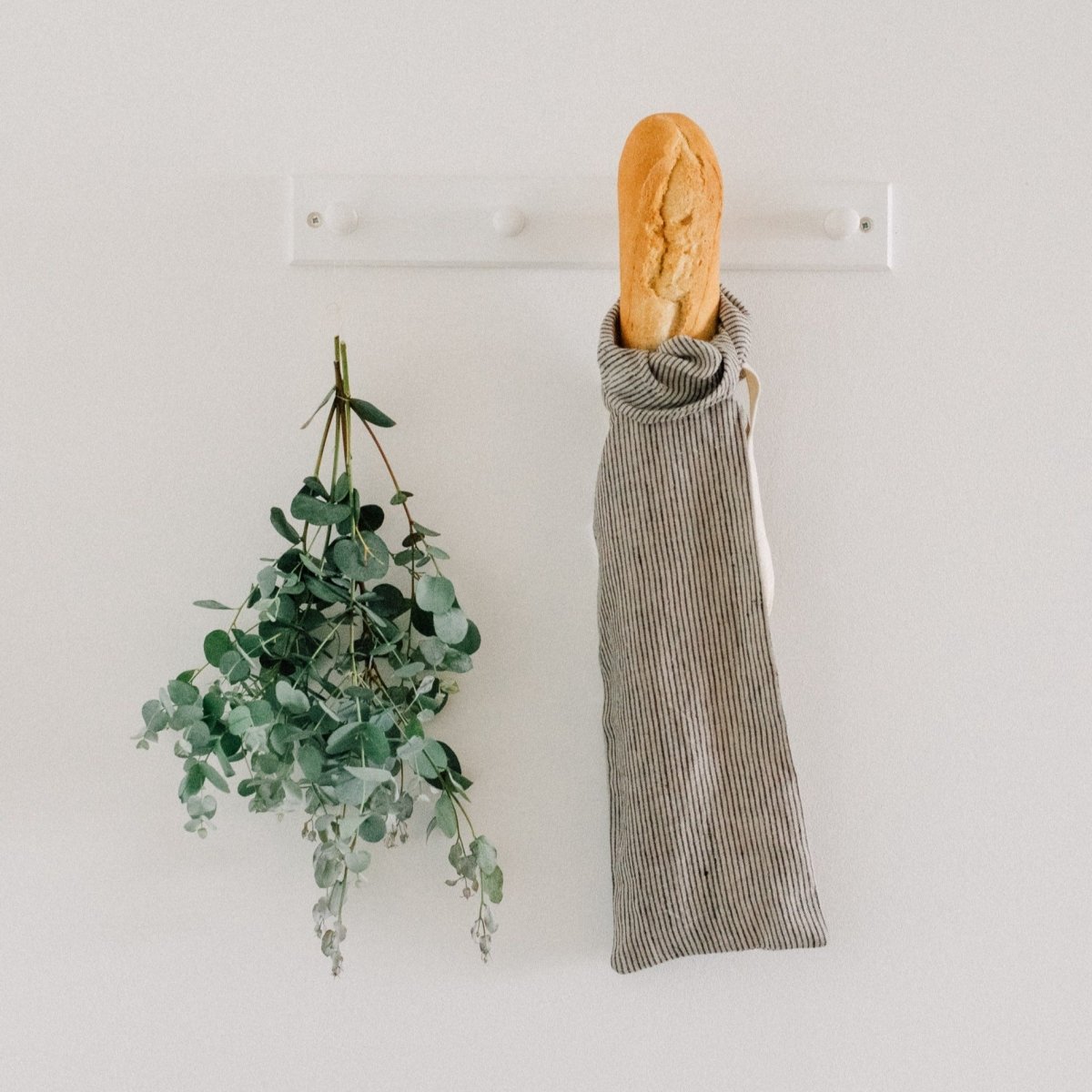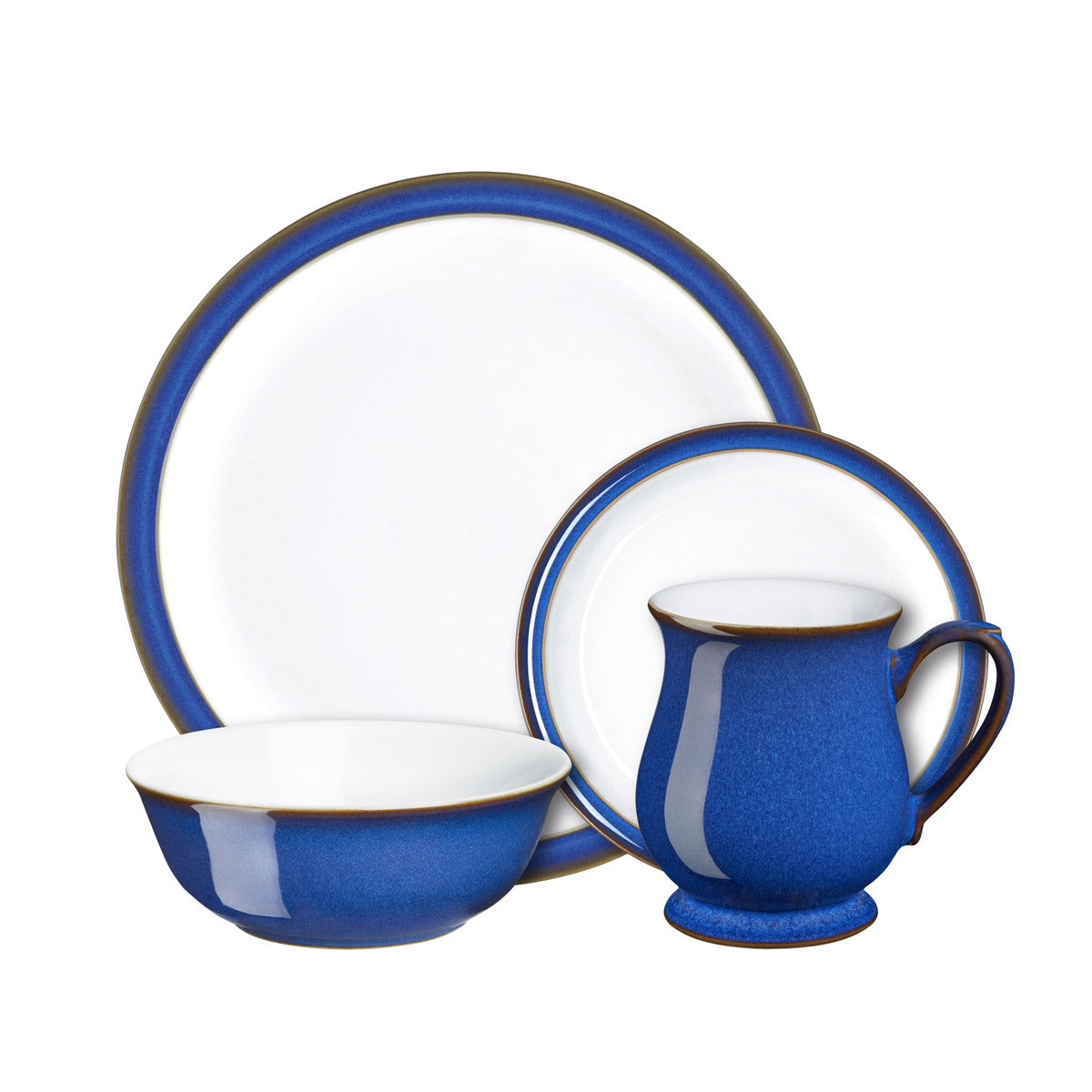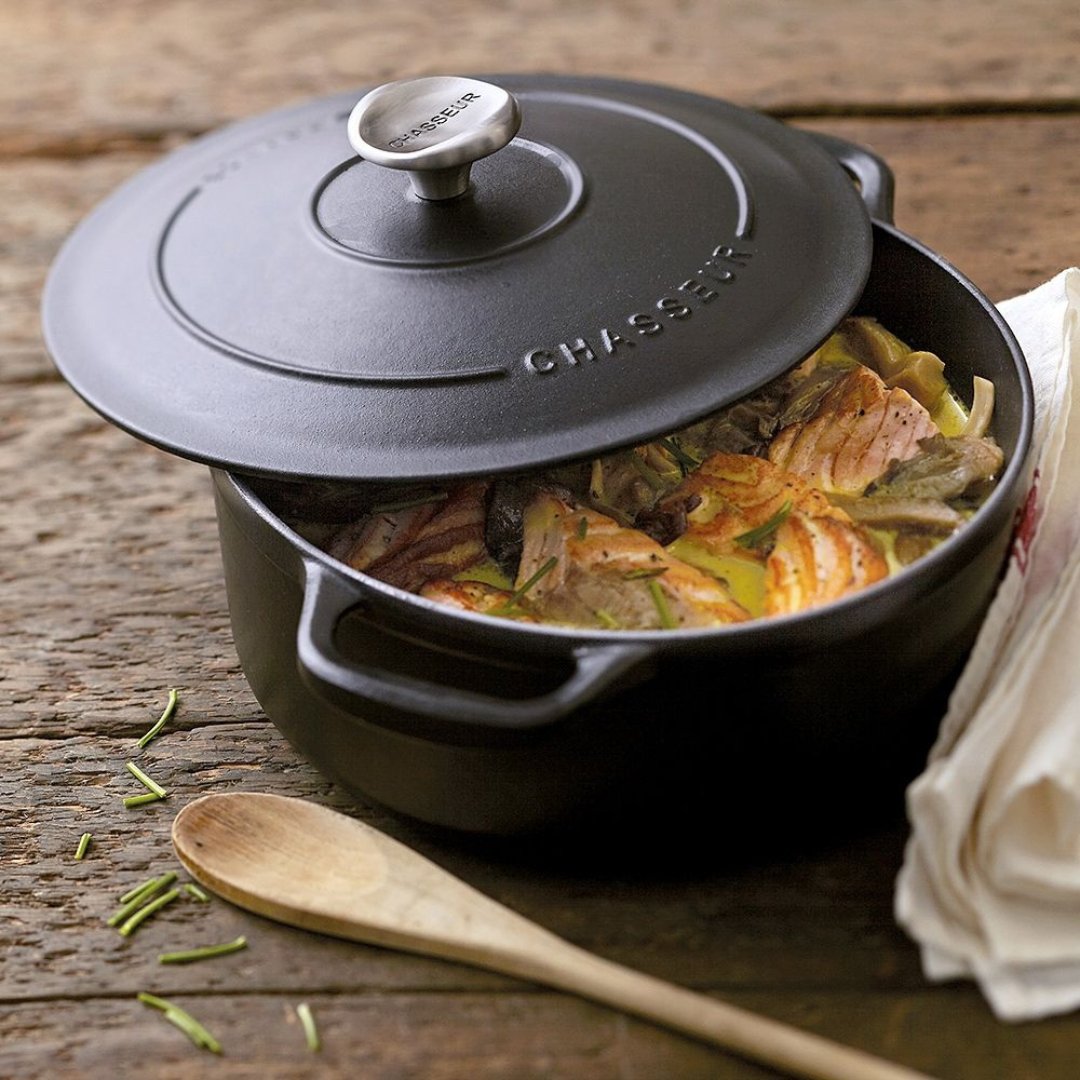Gifts for Foodies
Gifts for food lovers who value things that last. From solid cast iron cookware to dependable British-made aprons, these pieces are made to be used often and kept for good. Useful. Well-made. No flash-in-the-pan gadgets. Just proper kitchen gifts that feel right in the hands of someone who cooks a lot - or wants to.
Show next 36 items
FAQs about Gifts for Foodies
What are the longest-lasting cookware gifts for passionate home chefs?
The longest-lasting cookware gifts are made from tough materials like cast iron, stainless steel or copper, with riveted handles and thick bases. Look out for items with lifetime guarantees - always a good sign they’re built to stick around. Cast iron actually gets better with age if regularly seasoned, while stainless steel is brilliantly low-maintenance. Some brands even offer replacement parts, so one dodgy handle doesn’t spell the end. You’ll find our top contenders in the cookware collection here. Curious how we choose them? Peek at our product research process.
How do you properly care for and clean cast iron cookware?
To keep cast iron cookware long-lasting and non-stick, skip the soap and rinse it with warm water. Use a brush or scraper for stubborn bits, then dry right away - no dawdling, or you’ll risk rust. Before storing, rub in a thin layer of oil to protect the seasoning. With this simple care, your pan could outlast your cooker. Some brands even offer lifetime warranties, though with proper upkeep, you might never need it. Learn more in our guide to seasoning your cast iron.
Why is stainless steel a good choice for everyday cooking?
Stainless steel is a good choice for everyday cooking because it’s hardy, rust-resistant and won’t warp under pressure - or heat. It’s non-reactive too, so it handles acidic foods like tomatoes without fuss. Easy to clean and often dishwasher-safe, it’s a low-faff option for busy cooks. Look for pots with layered bases for even heat and a lifetime guarantee. Reliable and long-lasting without showing off, it’s the culinary equivalent of a trusty old kettle.
Can your cookware be used on an induction hob?
Yes, much of our cookware can be used on an induction hob - but it depends on the base. Cookware needs a magnetic bottom to work with induction heat. Cast iron and many stainless steel options fit the bill, but pure copper or aluminium won’t cut it unless they’ve got an induction-friendly layer. If buying a gift for someone with an induction hob, double-check the specs. Done right, a good induction pan can last for decades.
Are ceramic and enamel-coated cookware safe to cook with?
Yes, ceramic and enamel-coated cookware is safe to cook with, as long as it’s well-made and free from nasties like lead, cadmium or PFAS. Enamelled cast iron holds heat beautifully and doesn’t need seasoning, while ceramic pans are handy for low-oil cooking. Though coatings can wear in time, top-tier brands back theirs with 10-year or lifetime warranties, so you’re not left in the lurch if chips appear down the line.
How do I choose a foodie gift that's both ethical and practical?
To choose a foodie gift that’s ethical and practical, go for long-lasting items made from sustainable materials and low-waste designs. Think cast iron pans, stainless steel tools or clever reusable storage - ideally from brands with strong ethics and transparent sourcing. A great gift is one that’s genuinely useful, built to last, and a bit kinder on the planet. For ready-to-wrap ideas, browse our gifts for foodies collection.
What’s the best way to season cast iron for lifelong use?
The best way to season cast iron for lifelong use is to apply a thin layer of neutral oil to a clean dry pan, then bake it upside down in the oven at 180–200°C for an hour. Let it cool completely before storing. This creates a natural non-stick layer that resists rust. Re-oil lightly after each wash to keep it in top shape. Do it right, and your trusty skillet might just outlive you.

